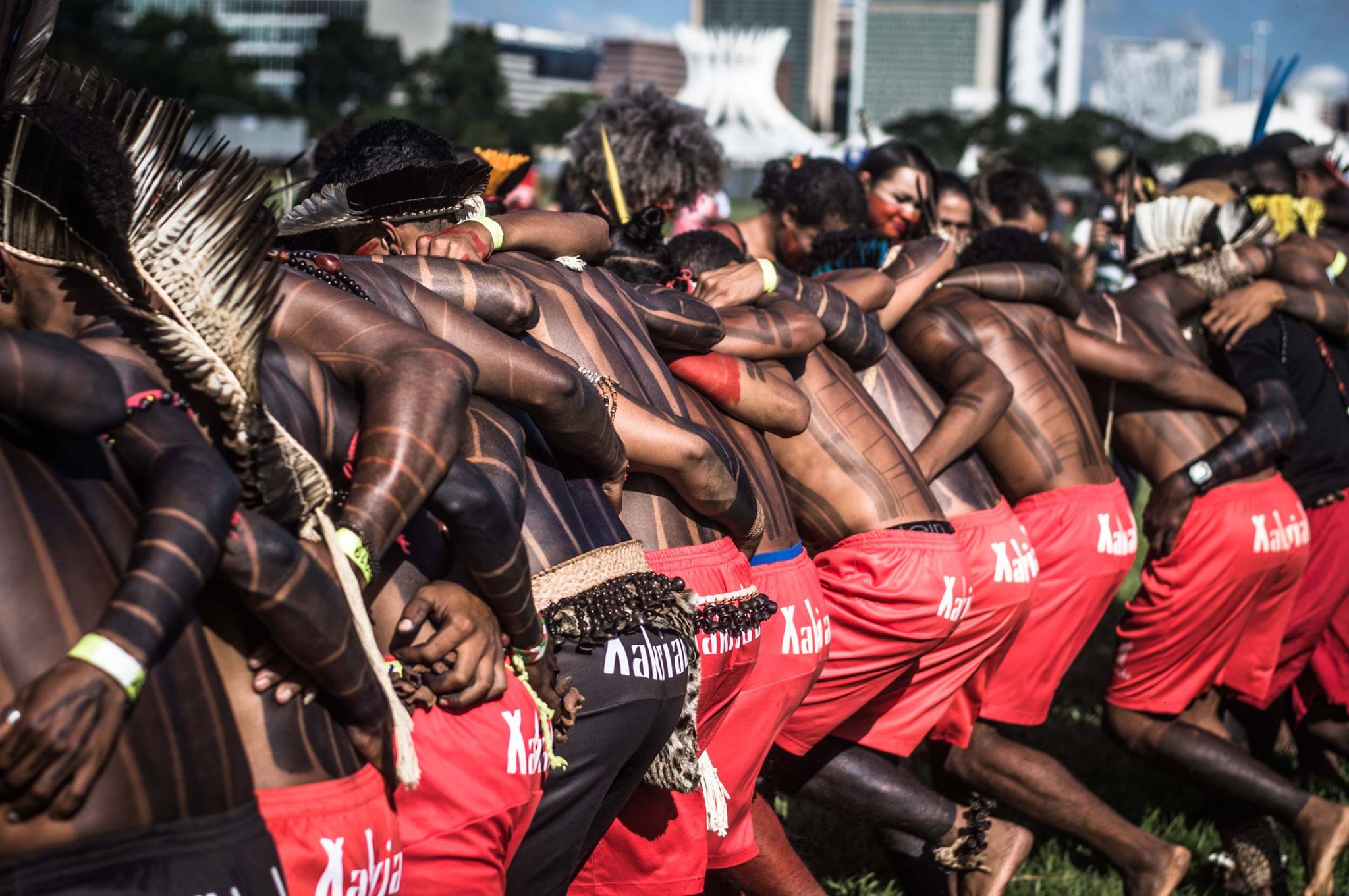Free Land Camp 2019 (24-26 april) was a historical gathering of 4,000 indigenous from 305 different communities all over Brazil, coming together in the capital of Brasilia to demand their (land) rights.
Indigenous peoples in Brazil (and outside of Brazil) have been exposed to invasion of their lands to make way for large scale depletion of their reserves for monetary gain for many centuries, but authorities still haven’t learnt anything from past events. With the inauguration of Jair Bolsonaro in january 2019, the government is literally giving away big parts of the Amazon and indigenous reserves and/or killing those who resist leaving their centuries old habitats for this purpose. 4,000 indigenous are demanding their basic human rights to maintain these grounds and respect for their people and cultures.
During this protest, photographer and member of the Xakriabá tribe Edgar Edgar Kanaykõ has kept all of us updated about the events there, this is his photo journal. One of the biggest challenges for him and his people has been to gather 70 indigenous elders and youngsters from deep in the Amazon basin to the camp in Brasilia, which demanded a lot of logistics and sufficient funds for transport. With the help of NGO’s such as ourselves, they have been able to arrange for buses. Please read the results and demands on the bottom of this page and share.
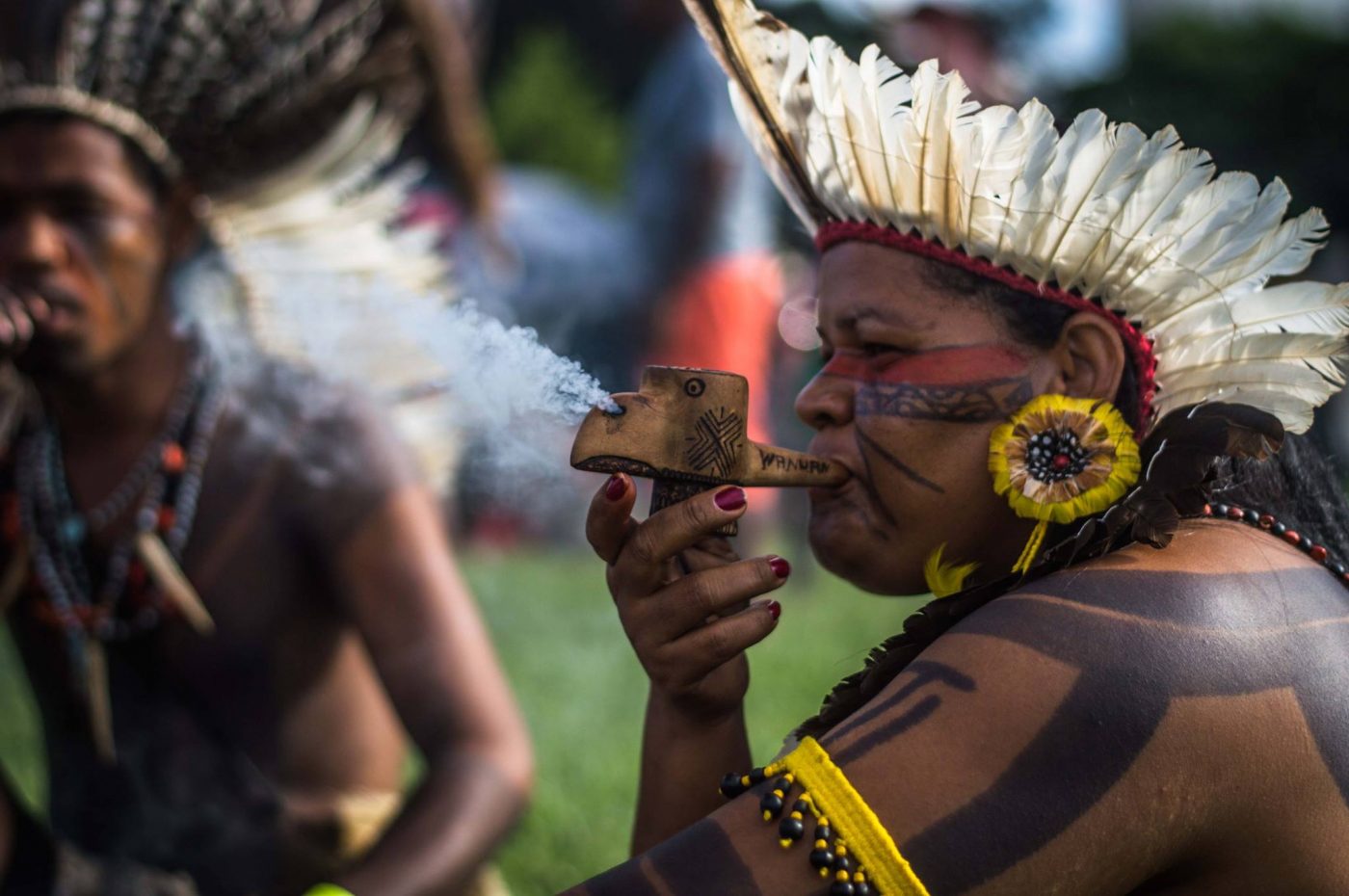
Copyright: Edgar Kanaykõ 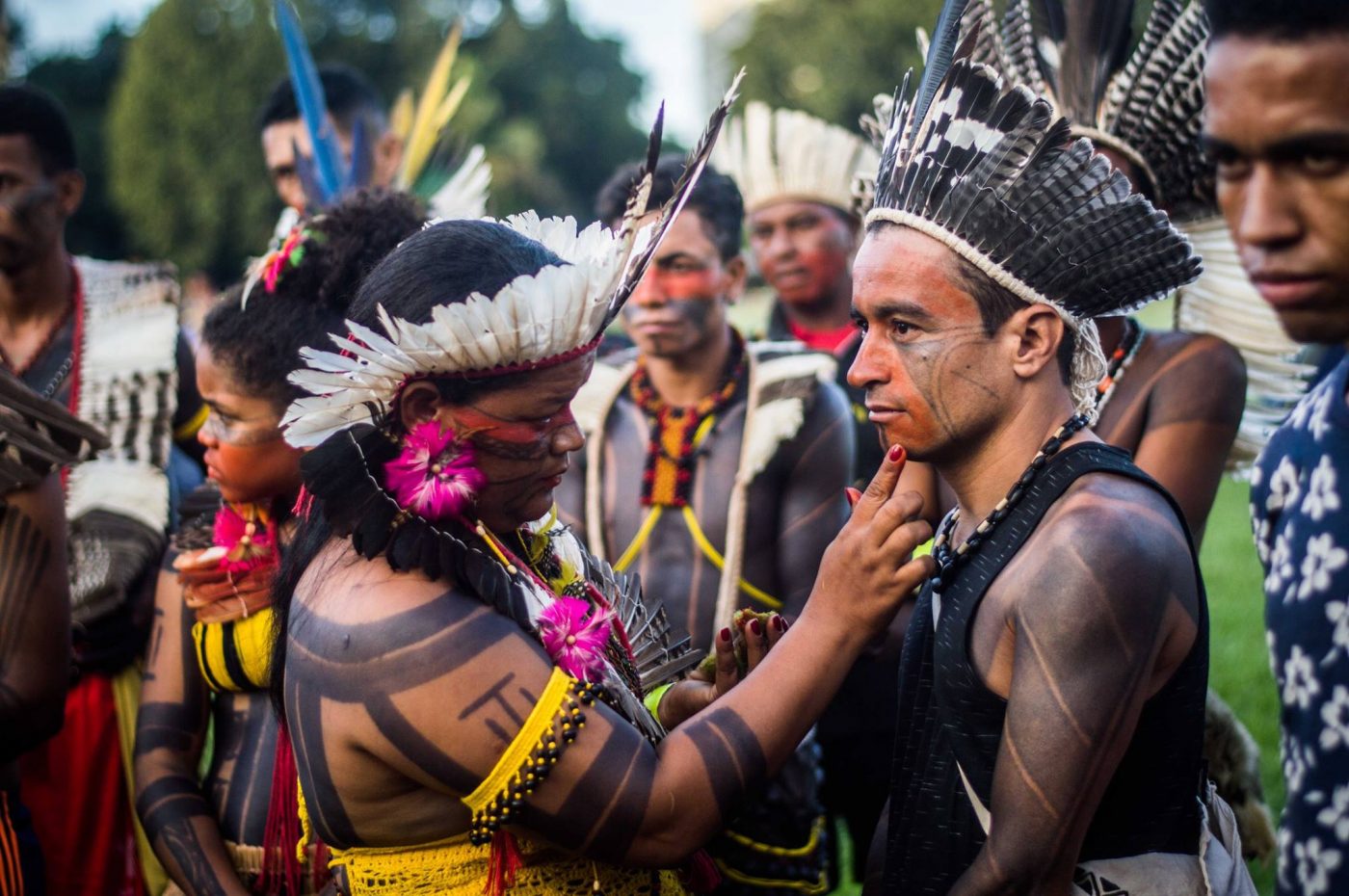
Copyright: Edgar Kanaykõ 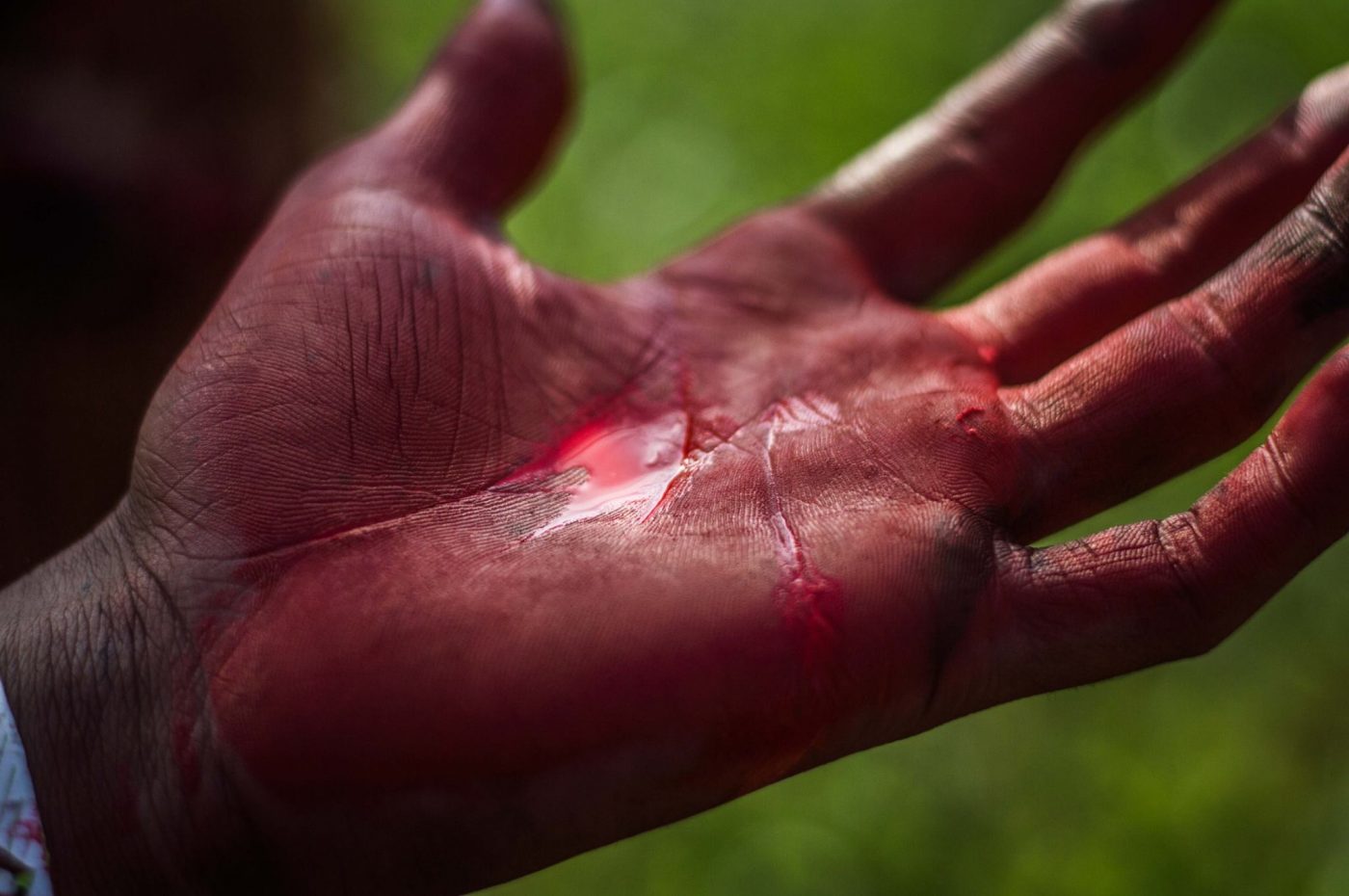
Copyright: Edgar Kanaykõ 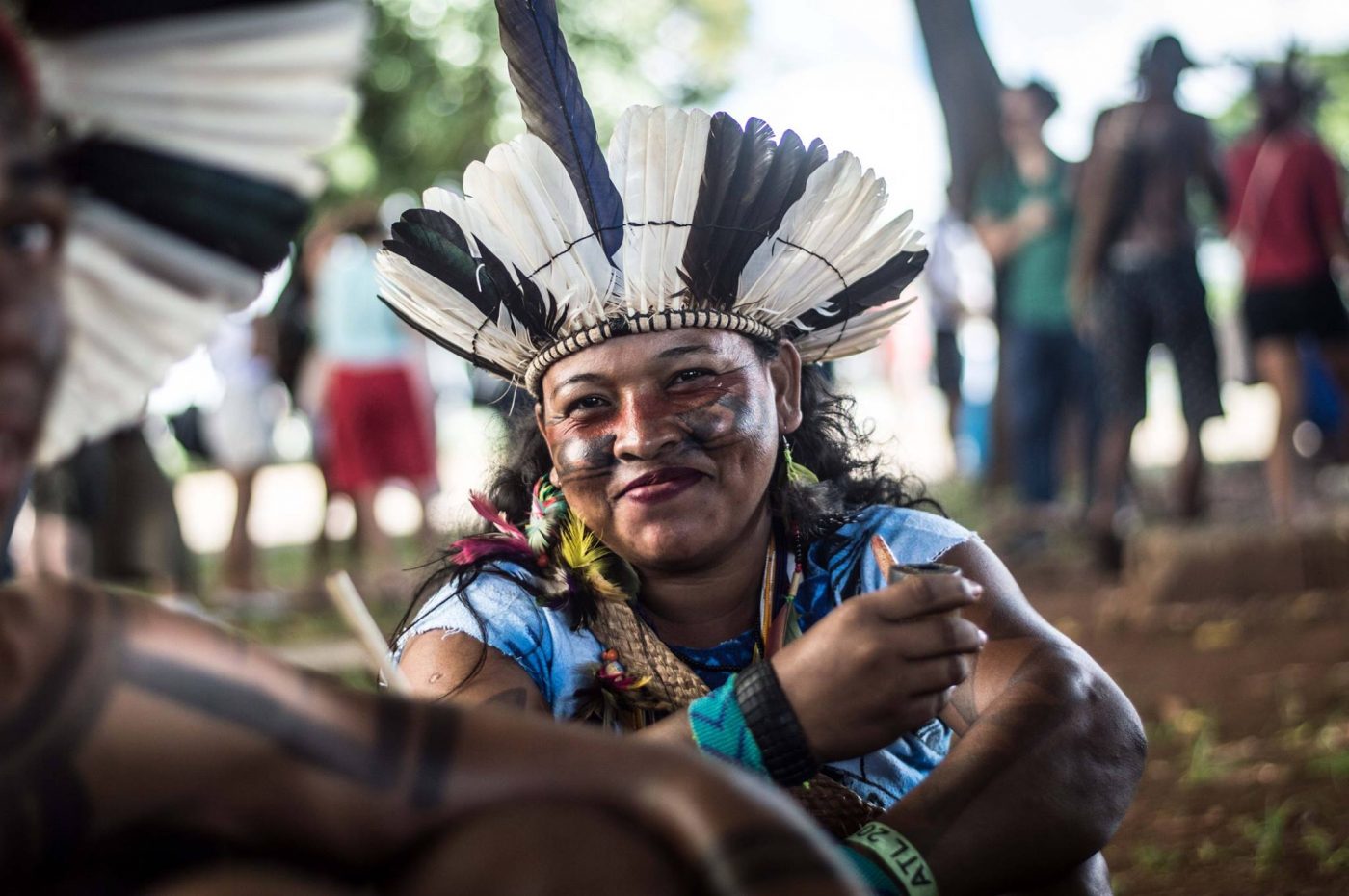
Copyright: Edgar Kanaykõ 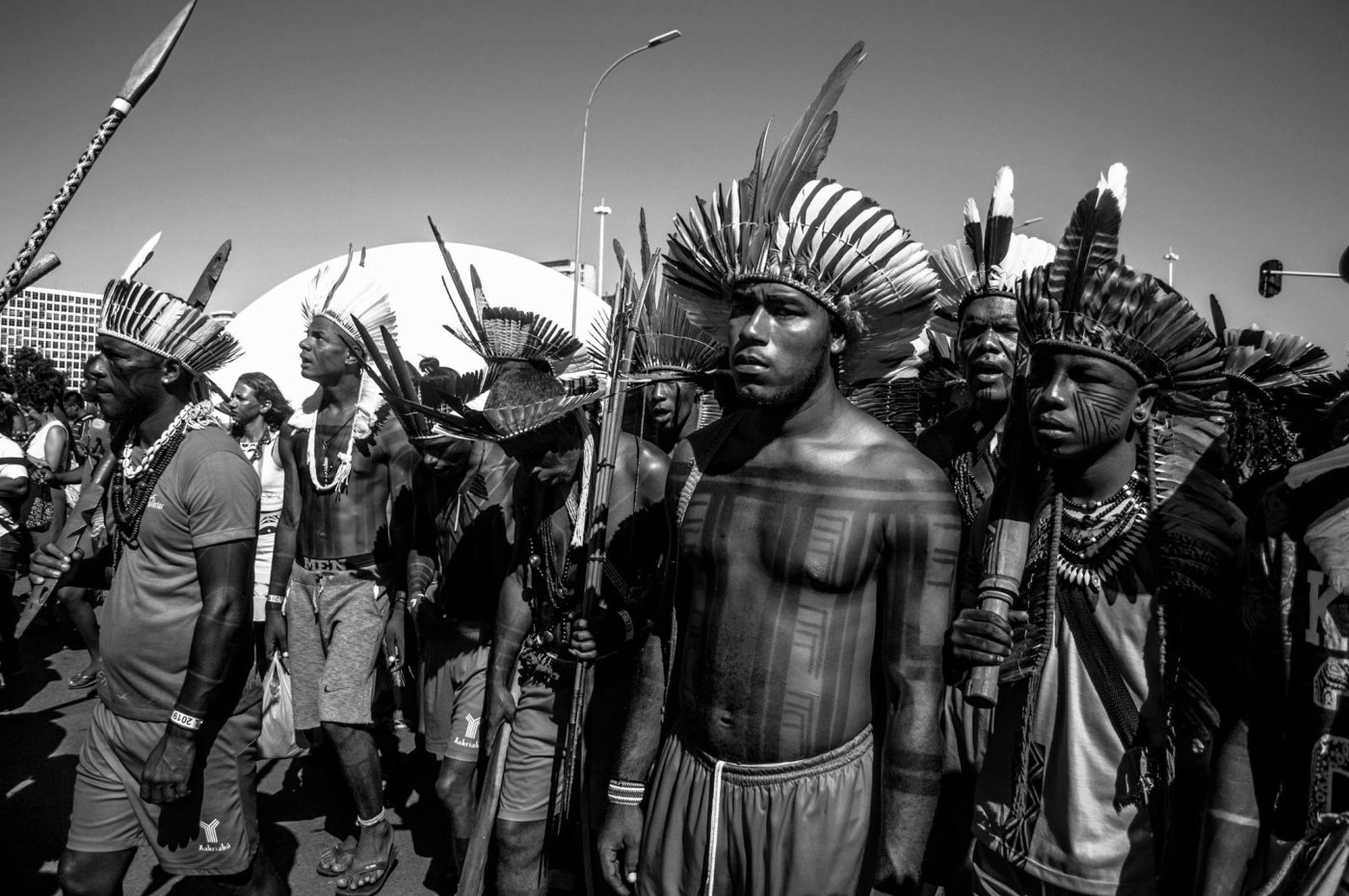
Copyright: Edgar Kanaykõ 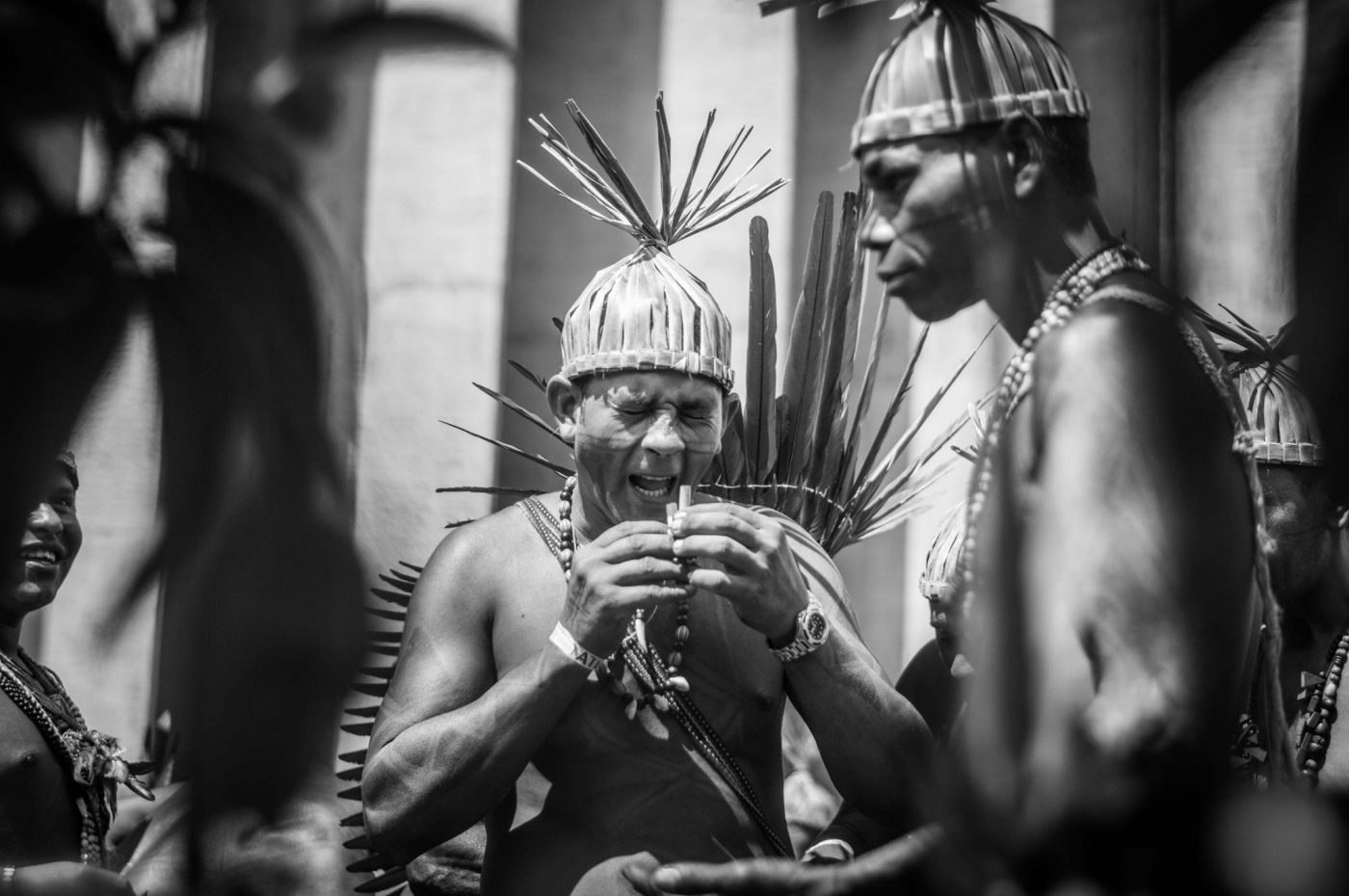
Copyright: Edgar Kanaykõ 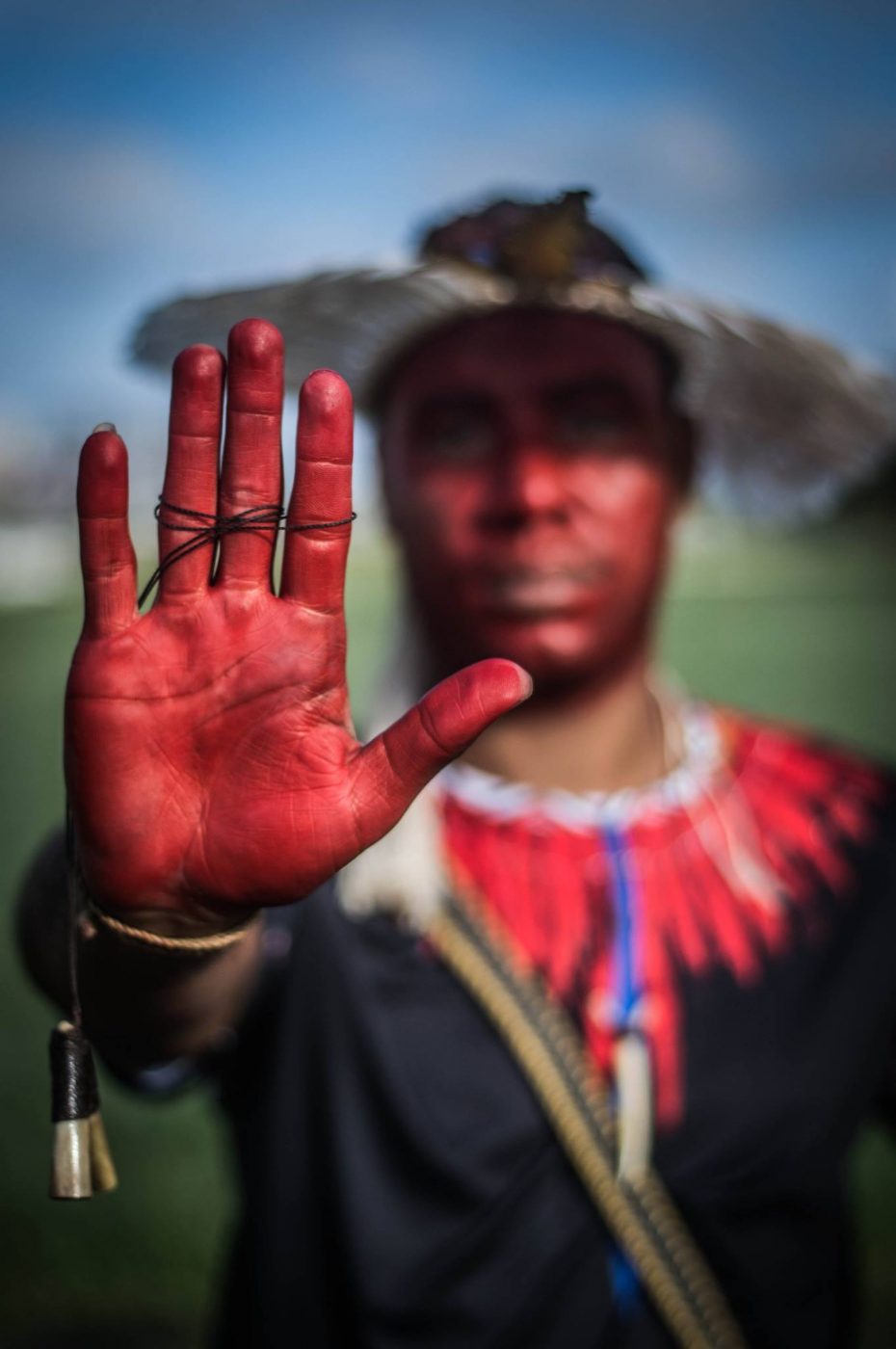
Copyright: Edgar Kanaykõ 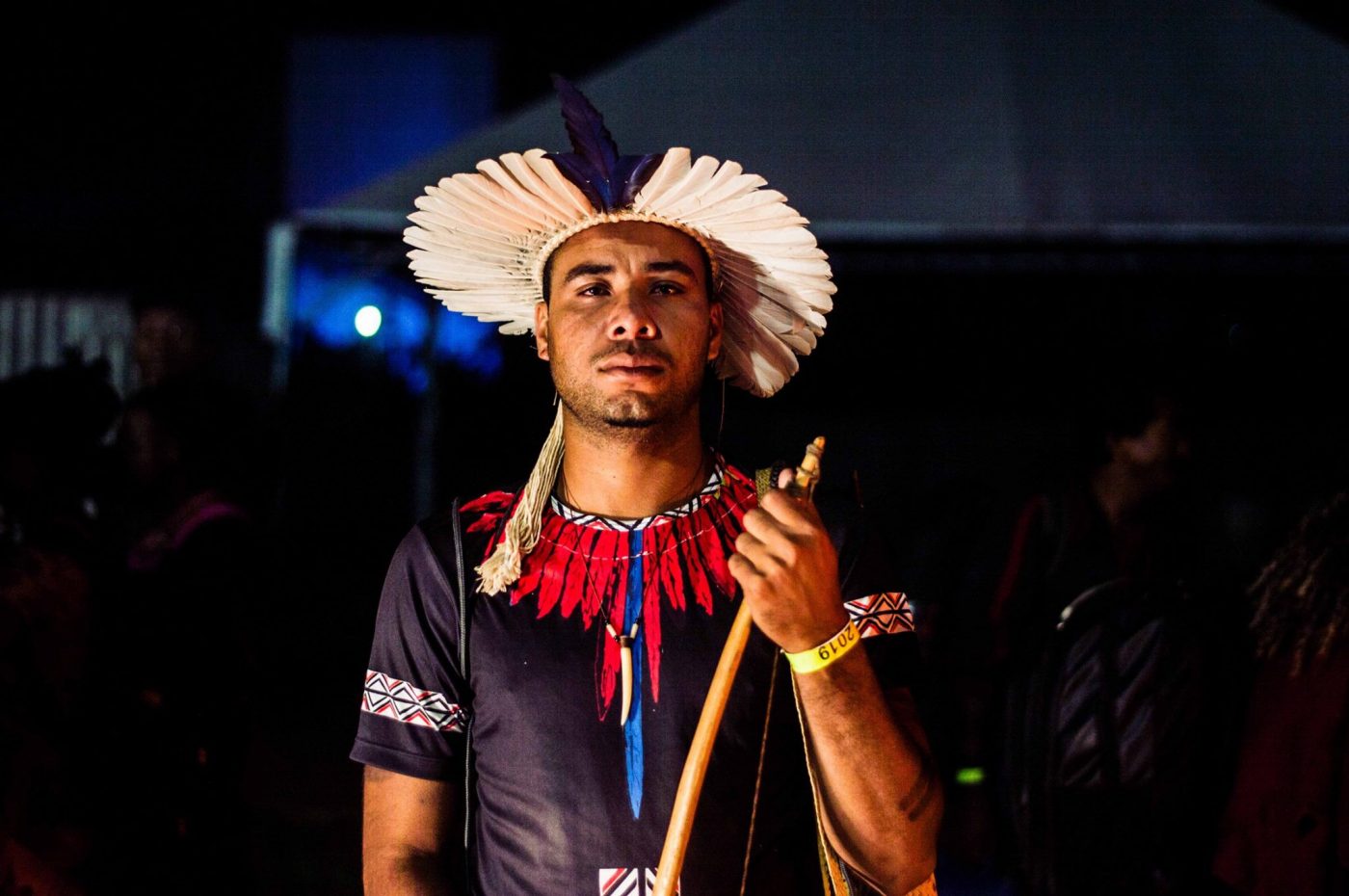
Copyright: Edgar Kanaykõ 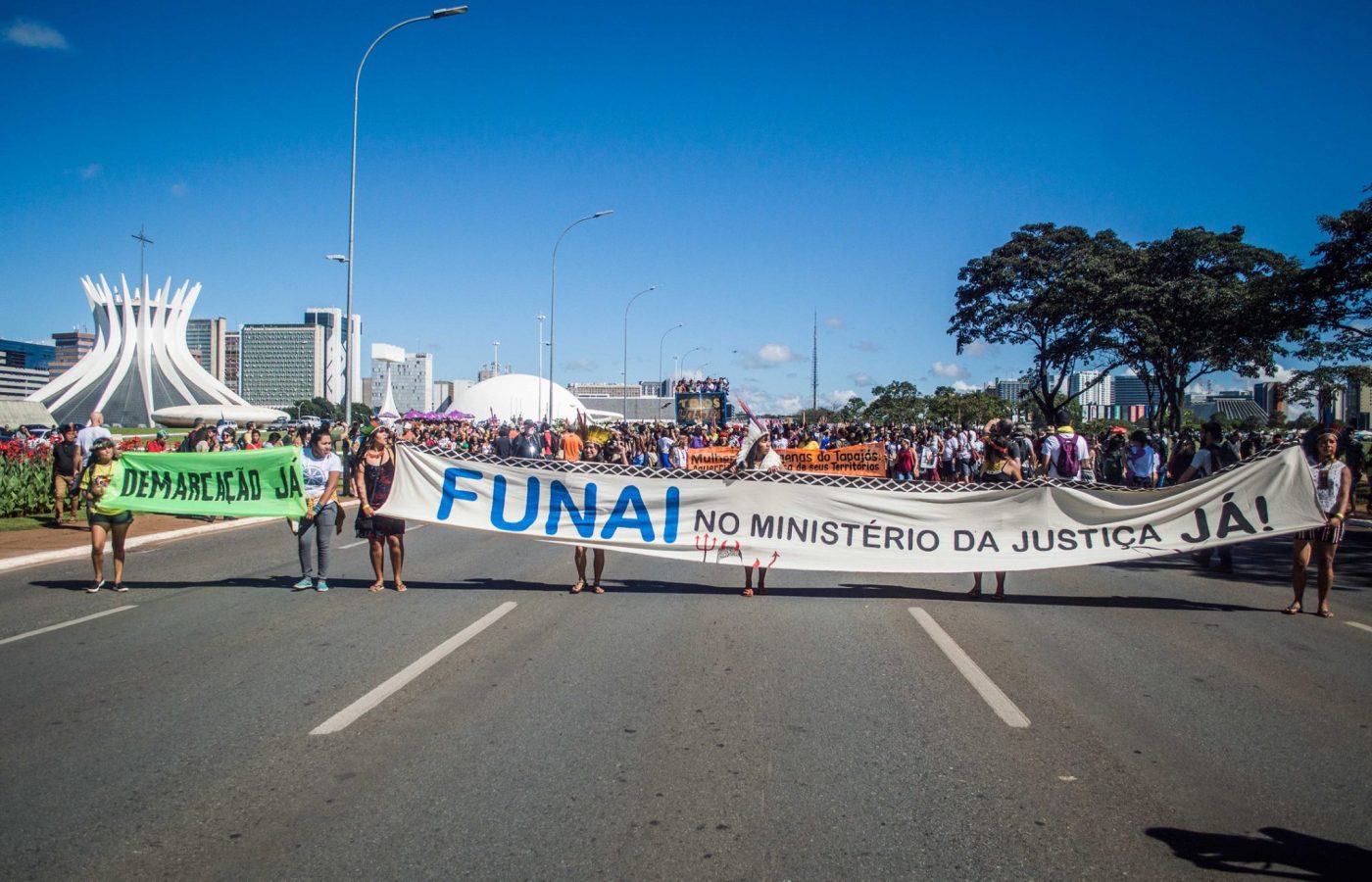
Copyright: Edgar Kanaykõ 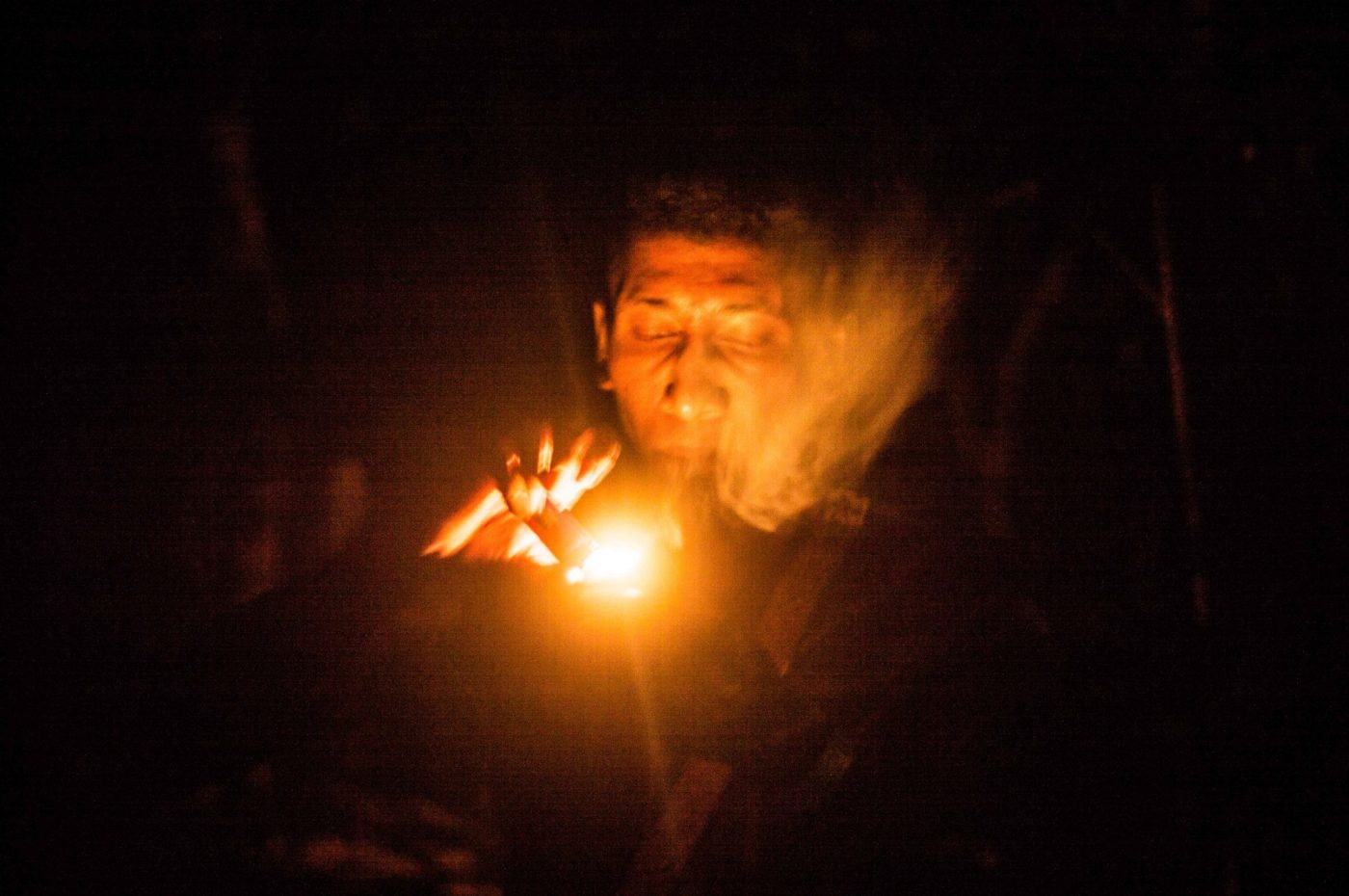
Copyright: Edgar Kanaykõ 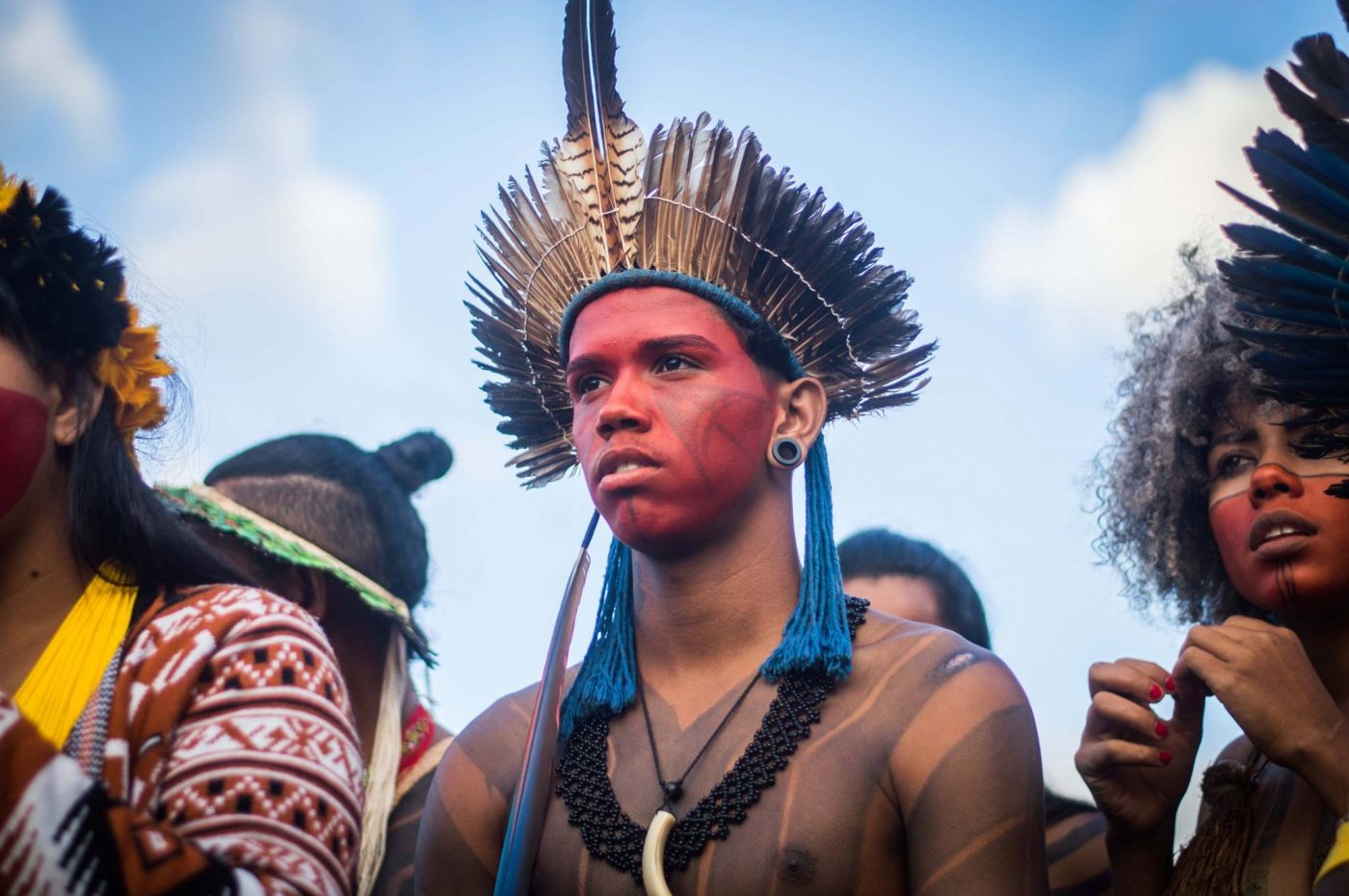
Copyright: Edgar Kanaykõ 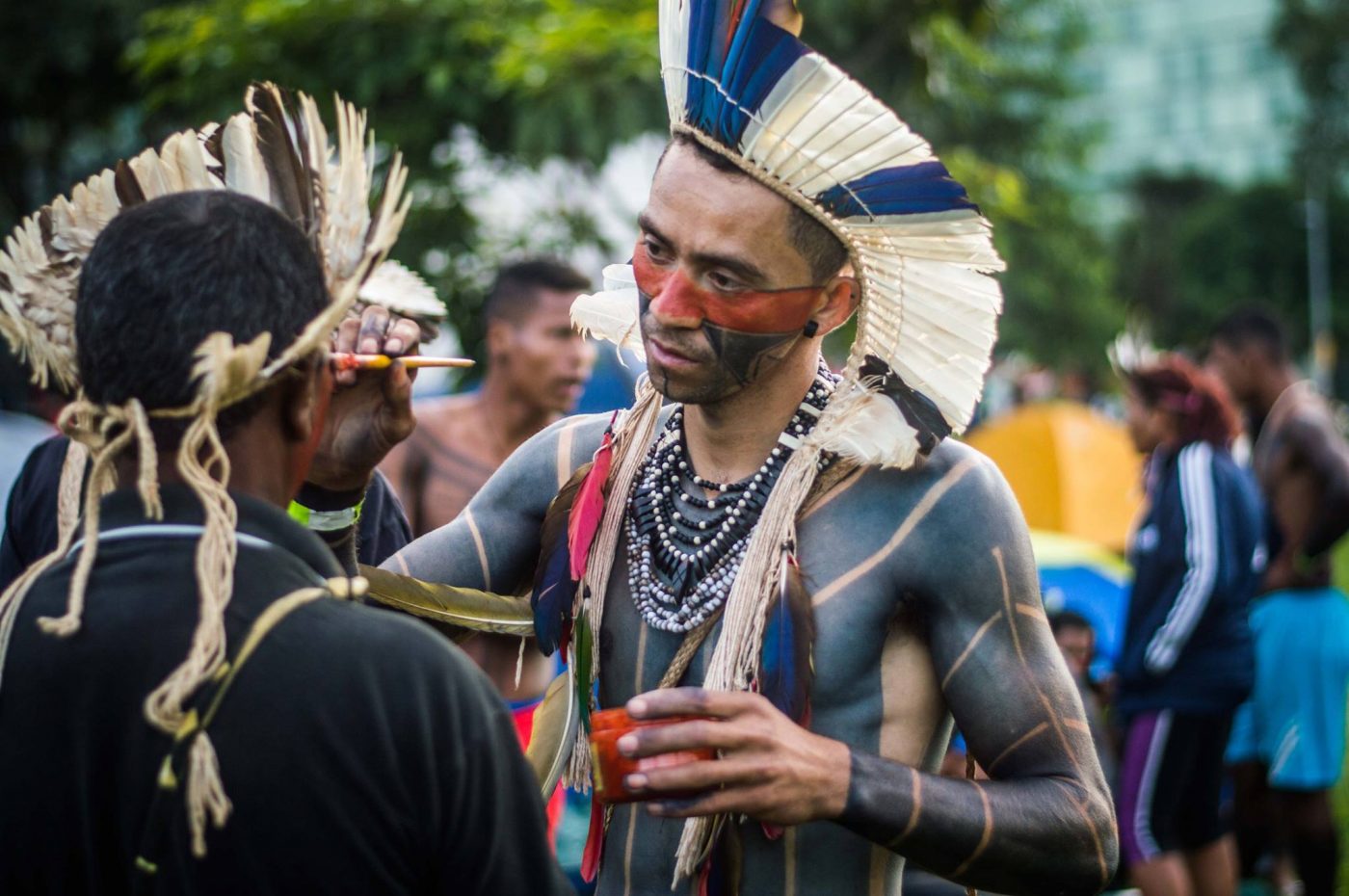
Copyright: Edgar Kanaykõ 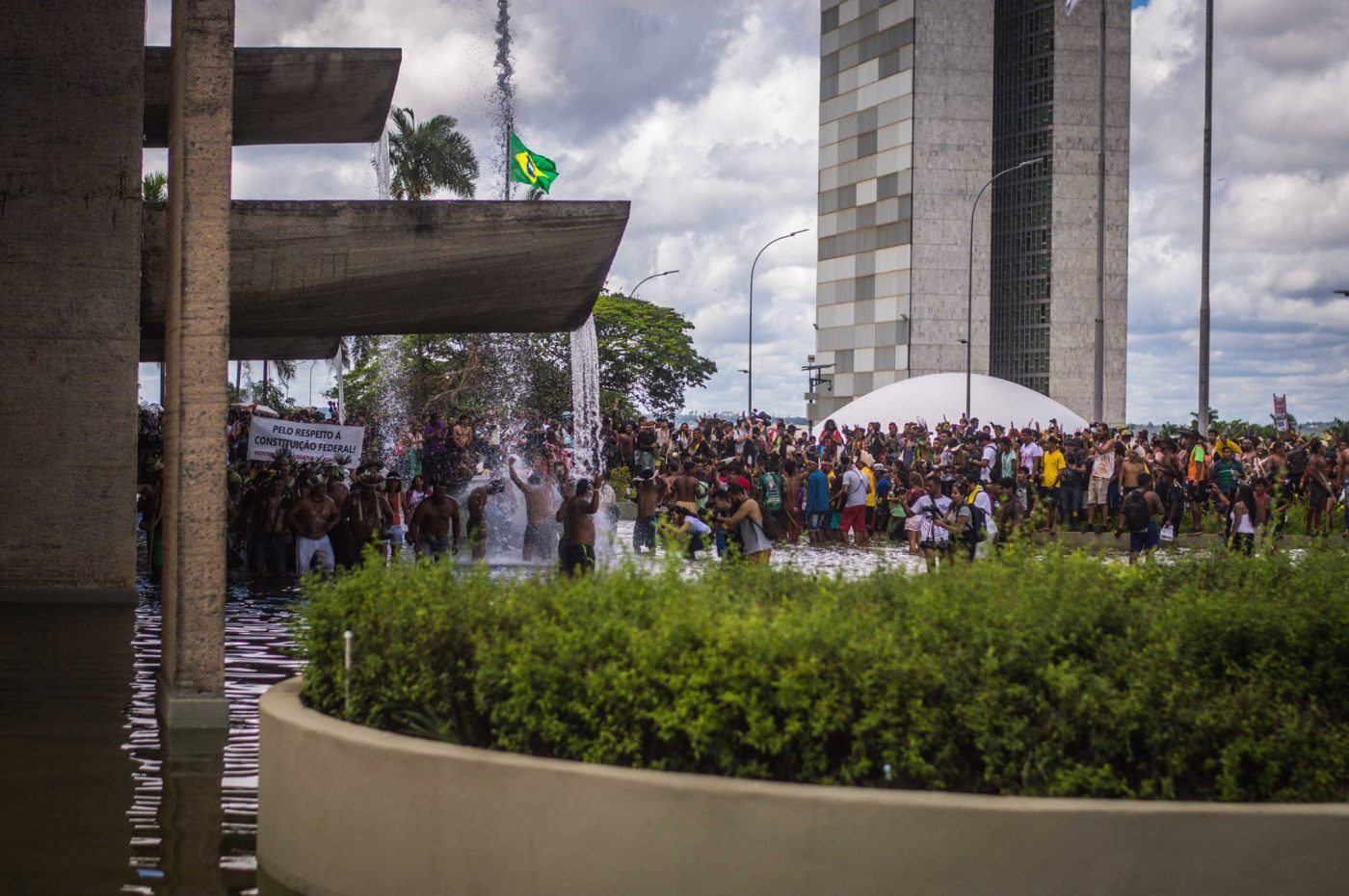
Copyright: Edgar Kanaykõ 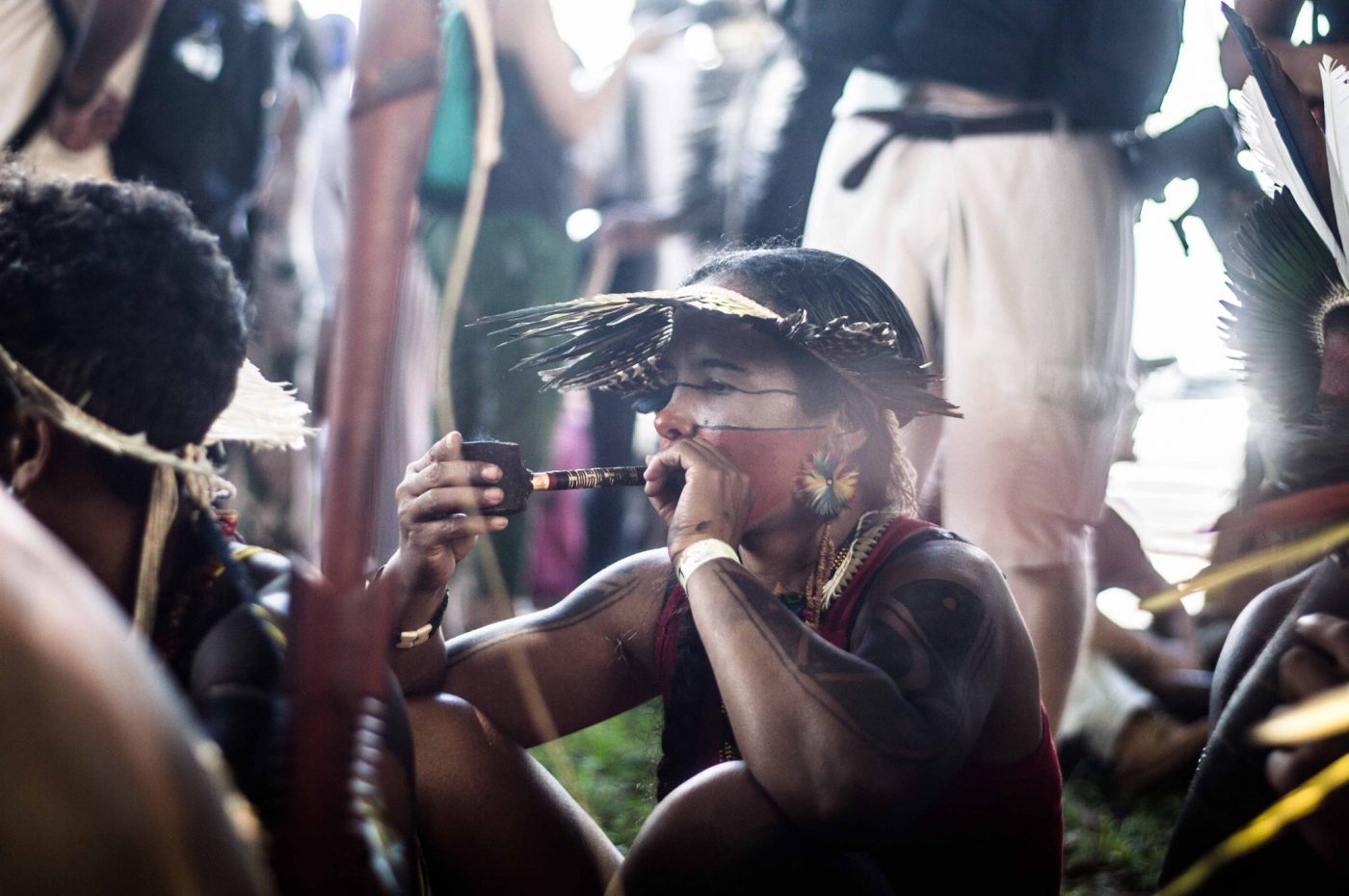
Copyright: Edgar Kanaykõ 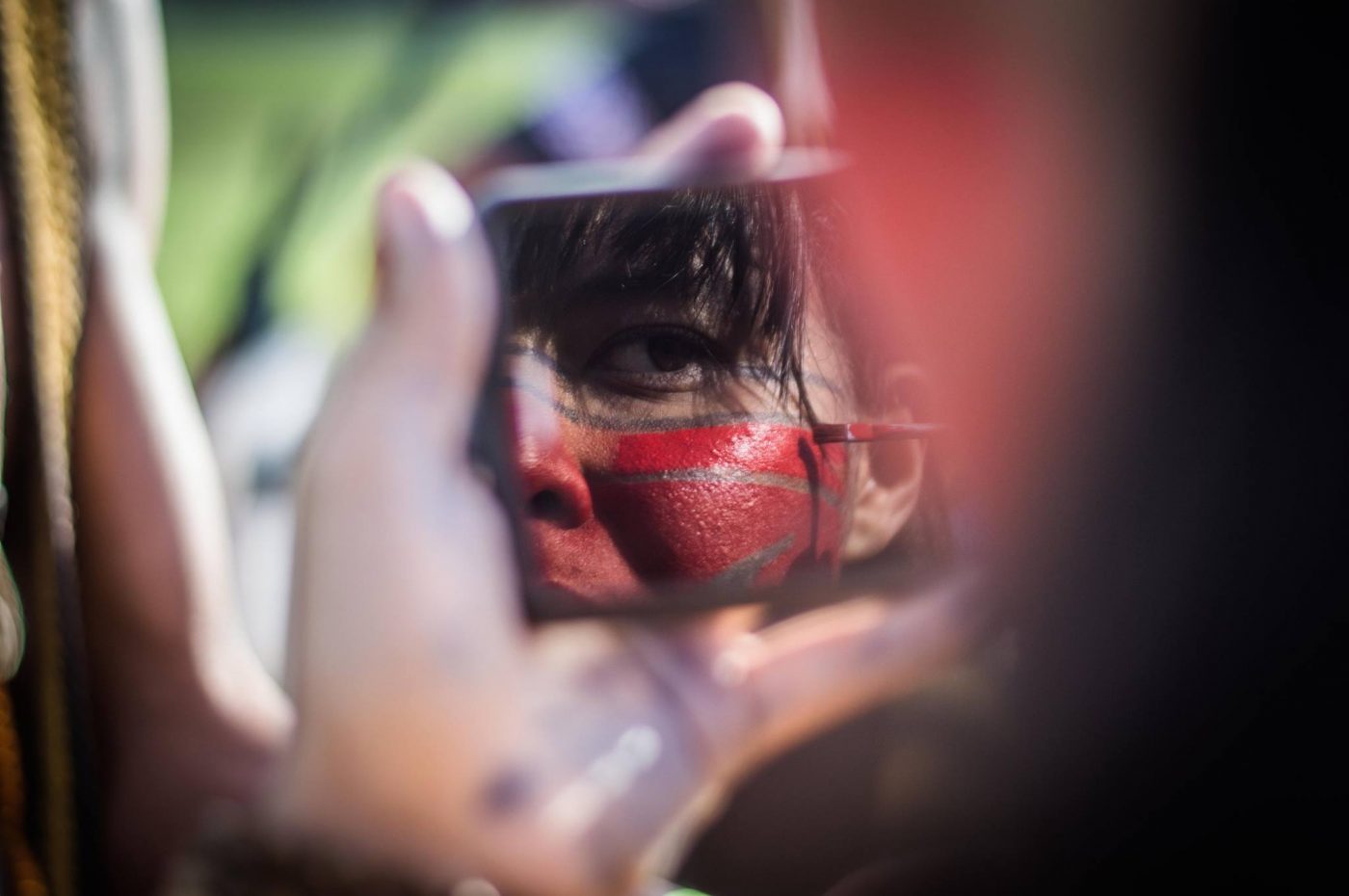
Copyright: Edgar Kanaykõ 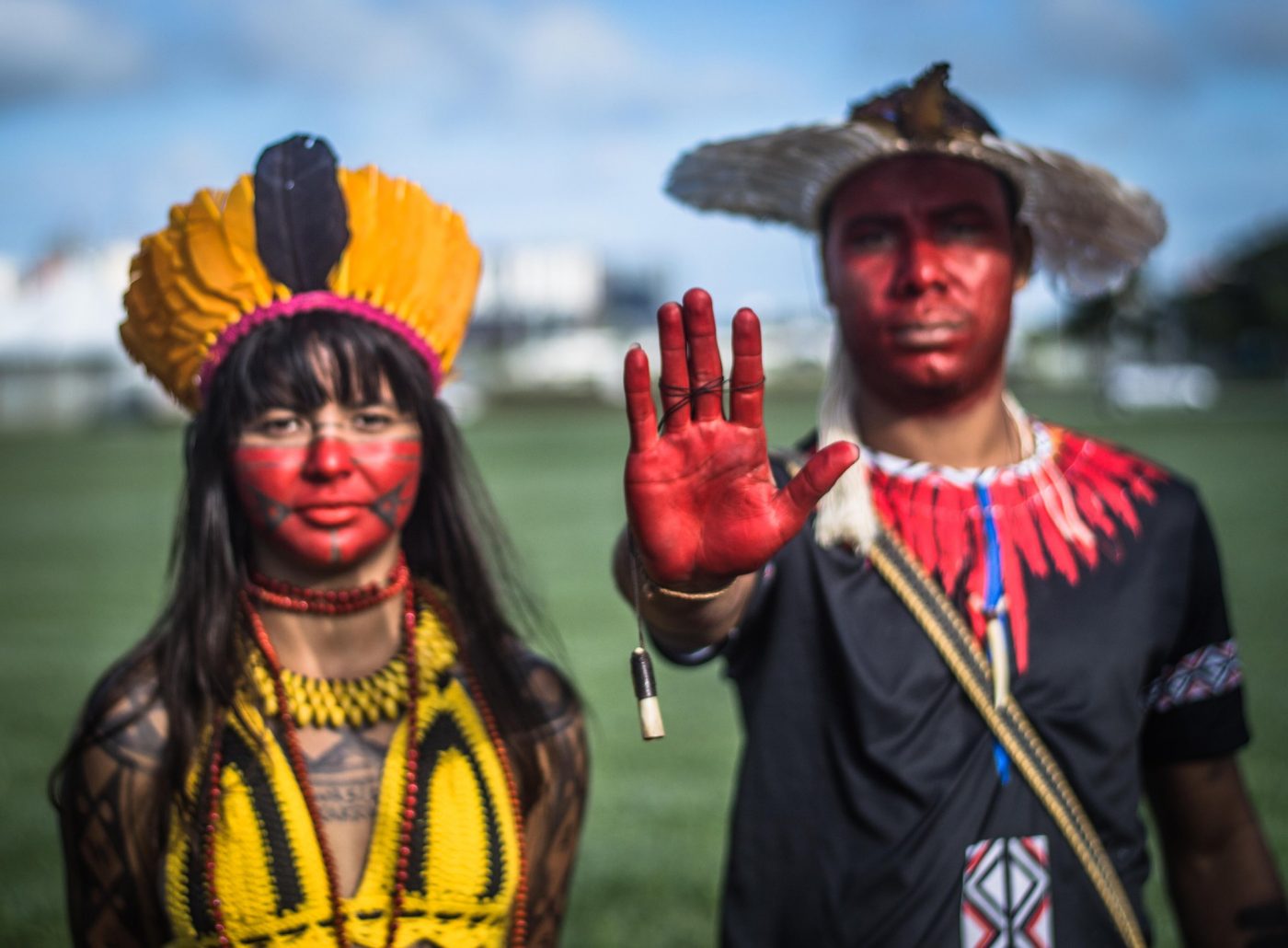
Copyright: Edgar Kanaykõ 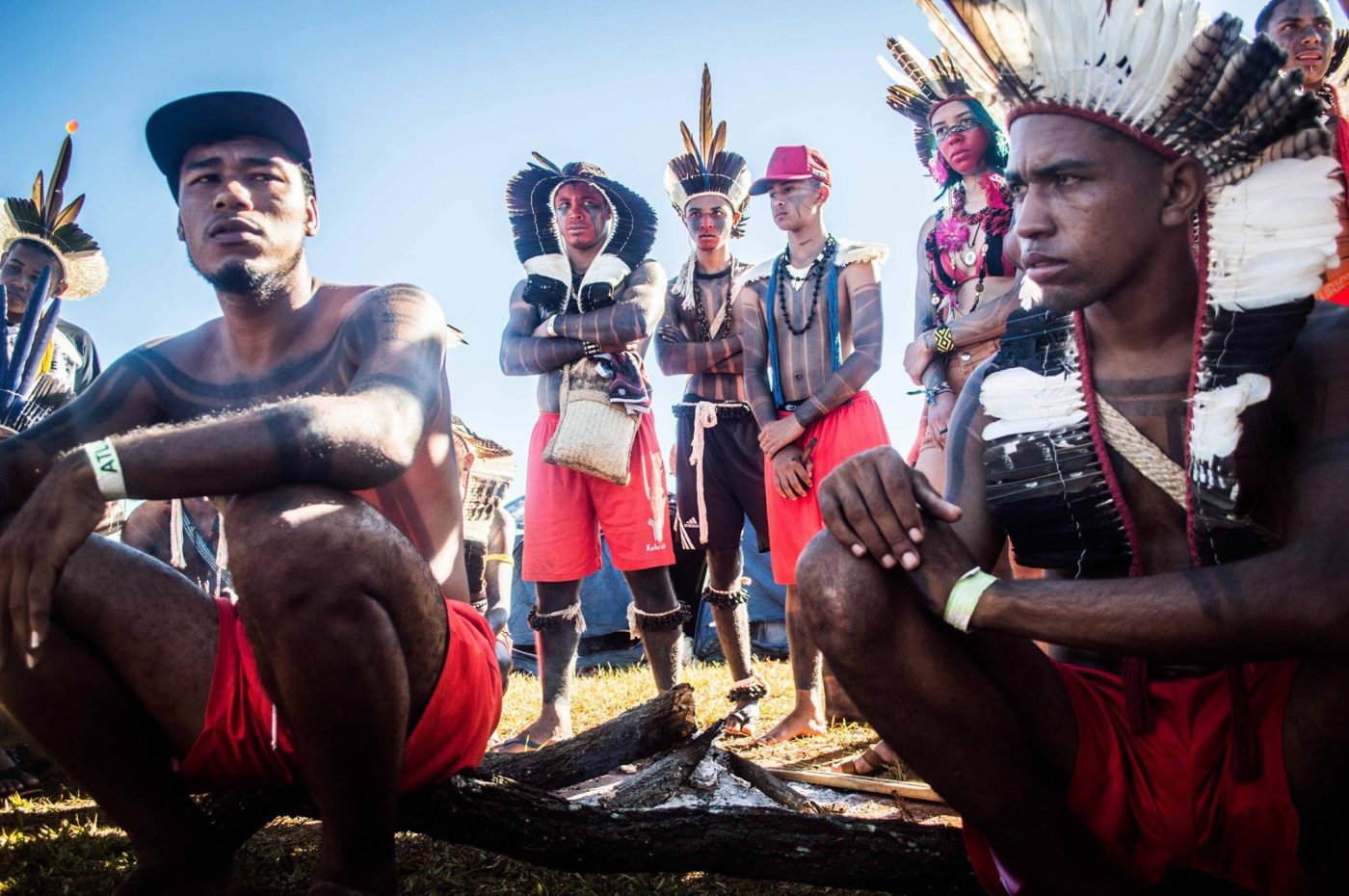
Copyright: Edgar Kanaykõ 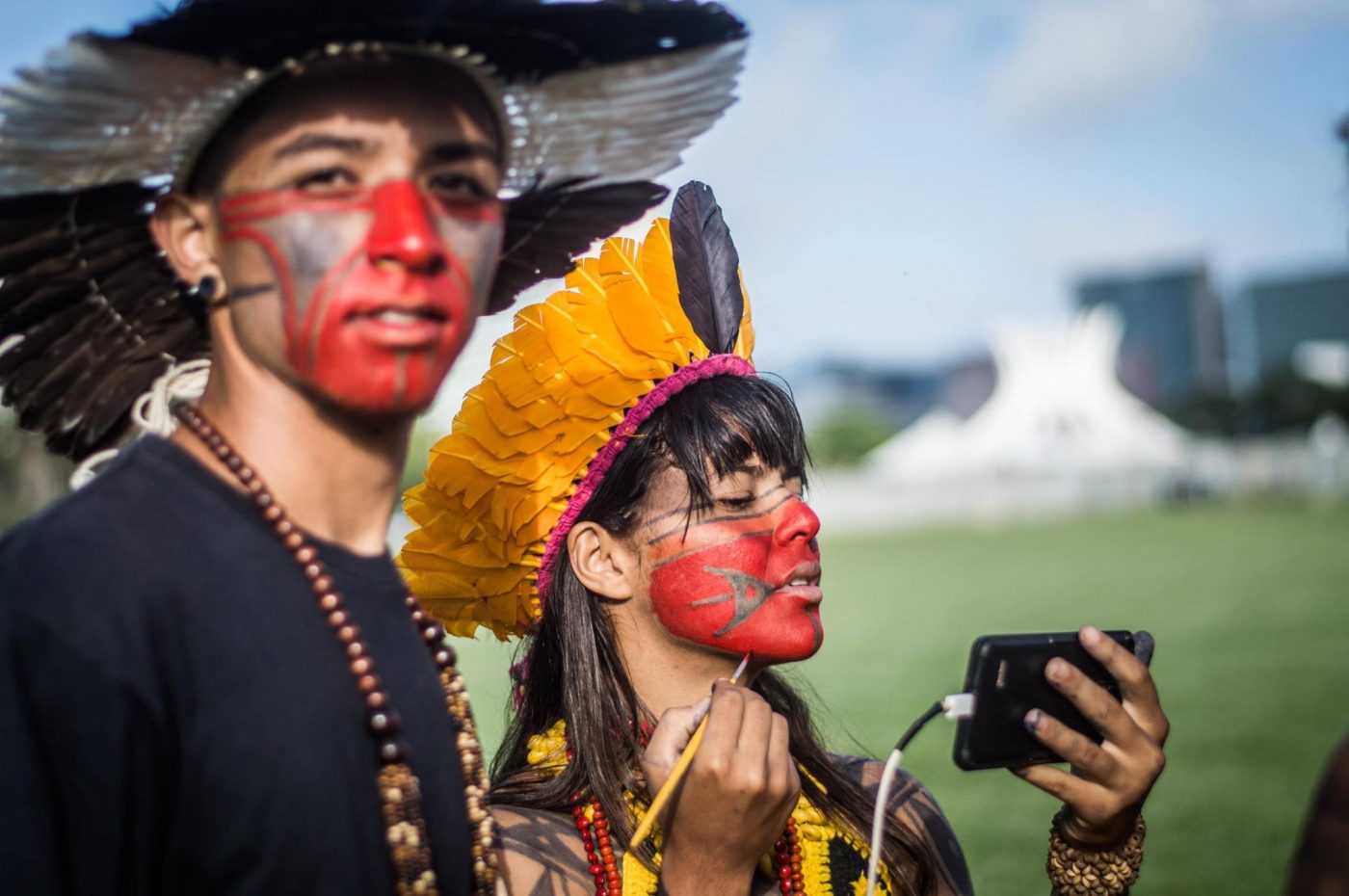
Copyright: Edgar Kanaykõ 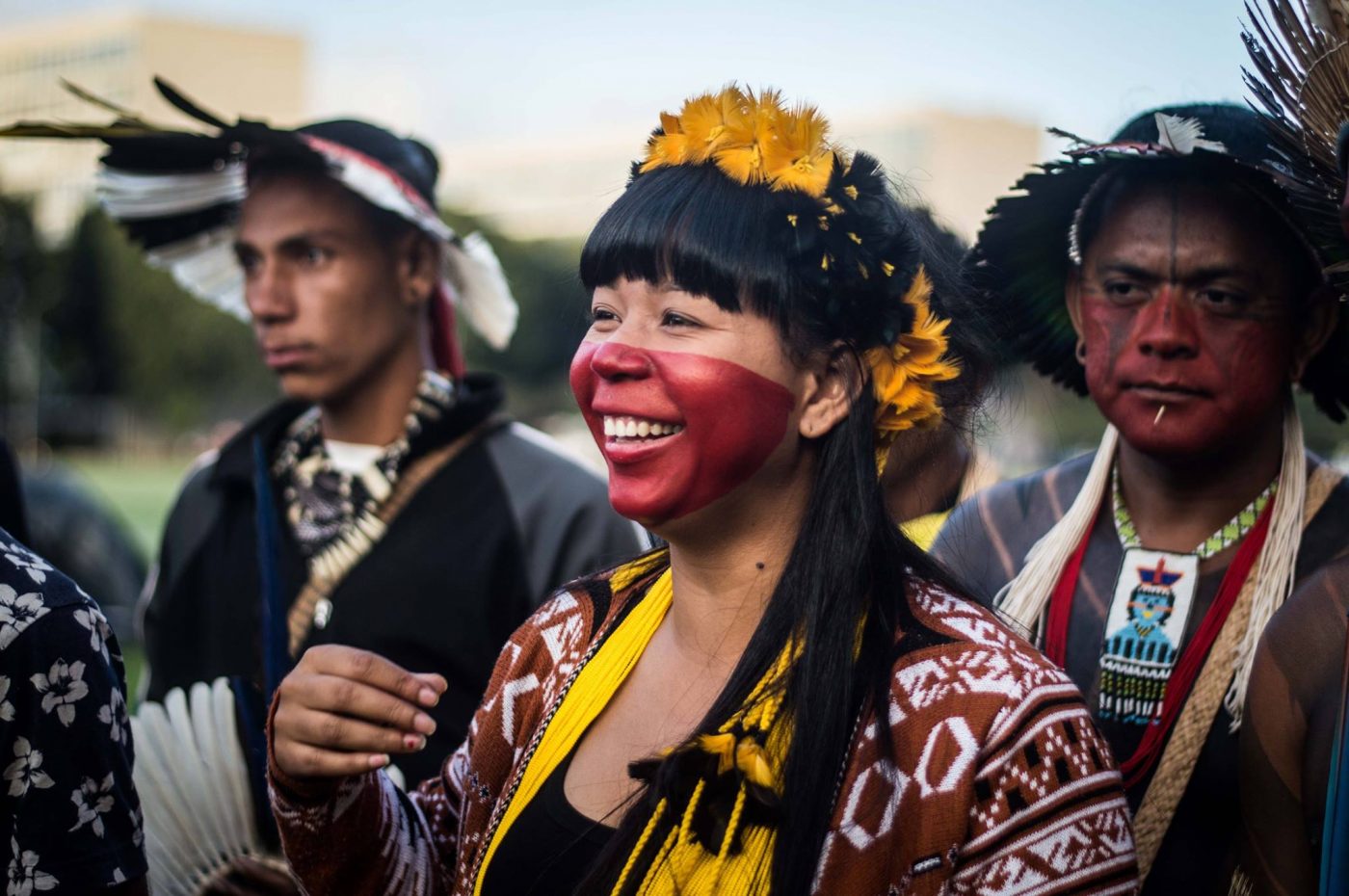
Copyright: Edgar Kanaykõ 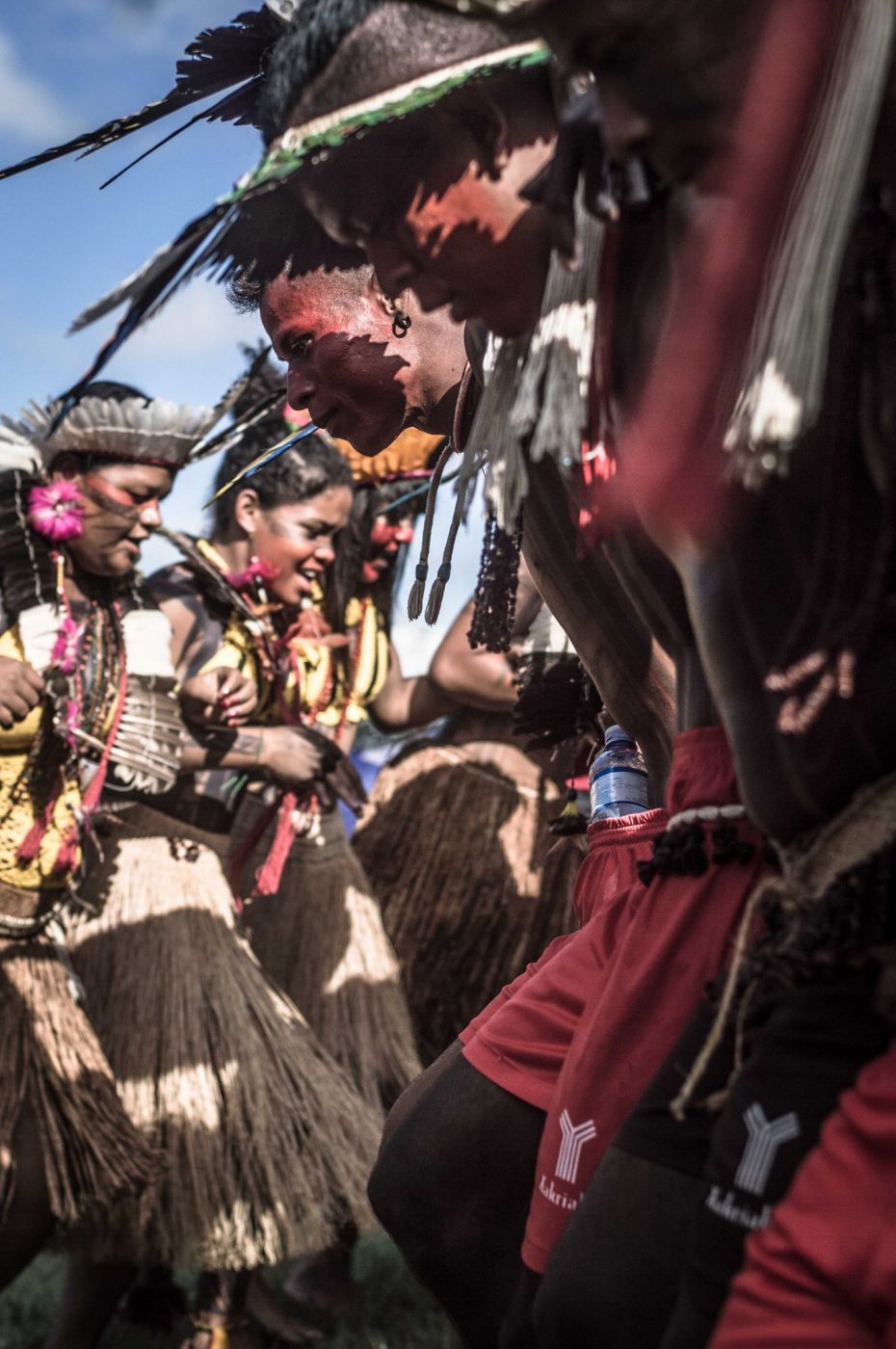
Copyright: Edgar Kanaykõ 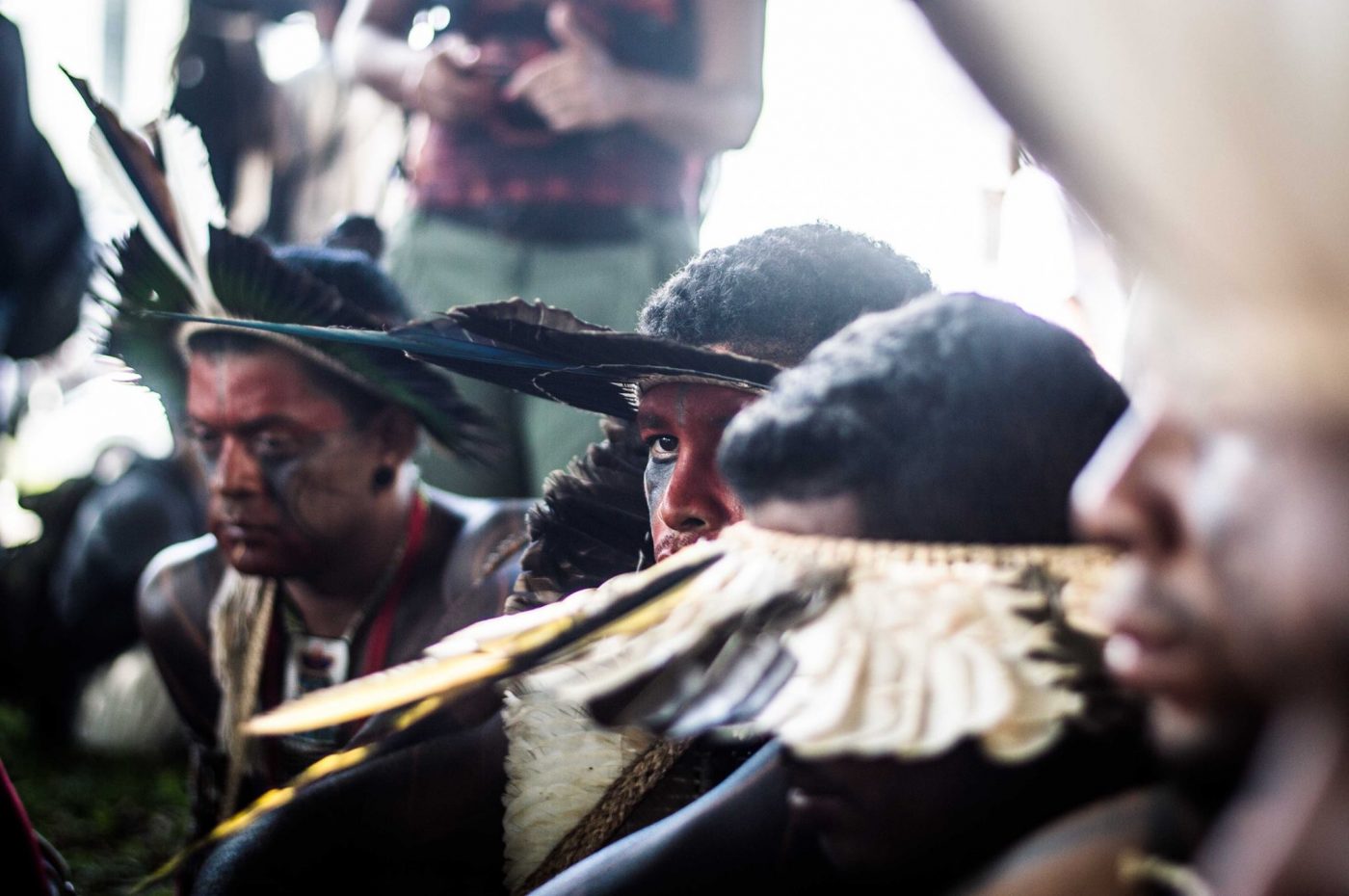
Copyright: Edgar Kanaykõ 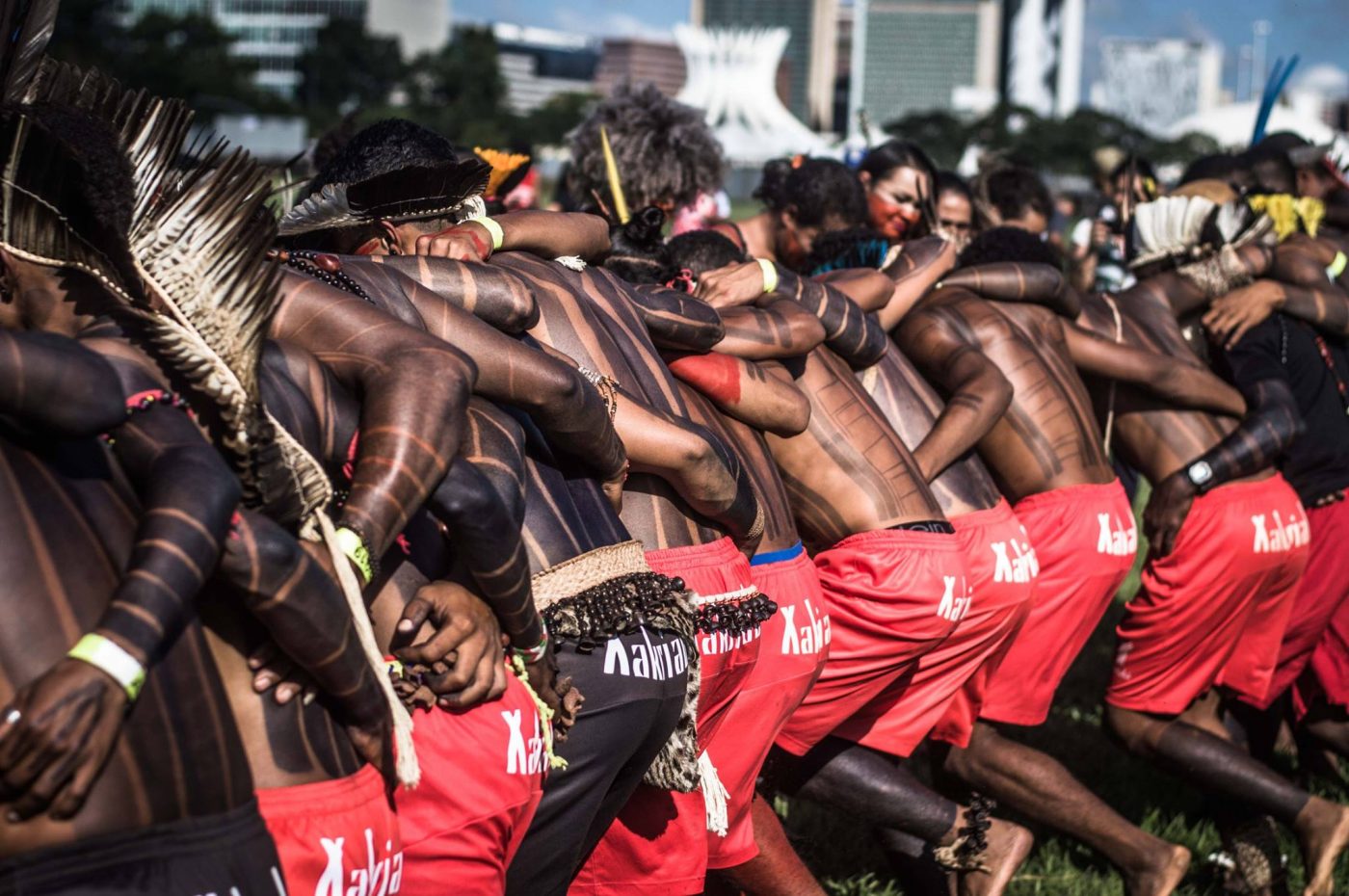
Copyright: Edgar Kanaykõ 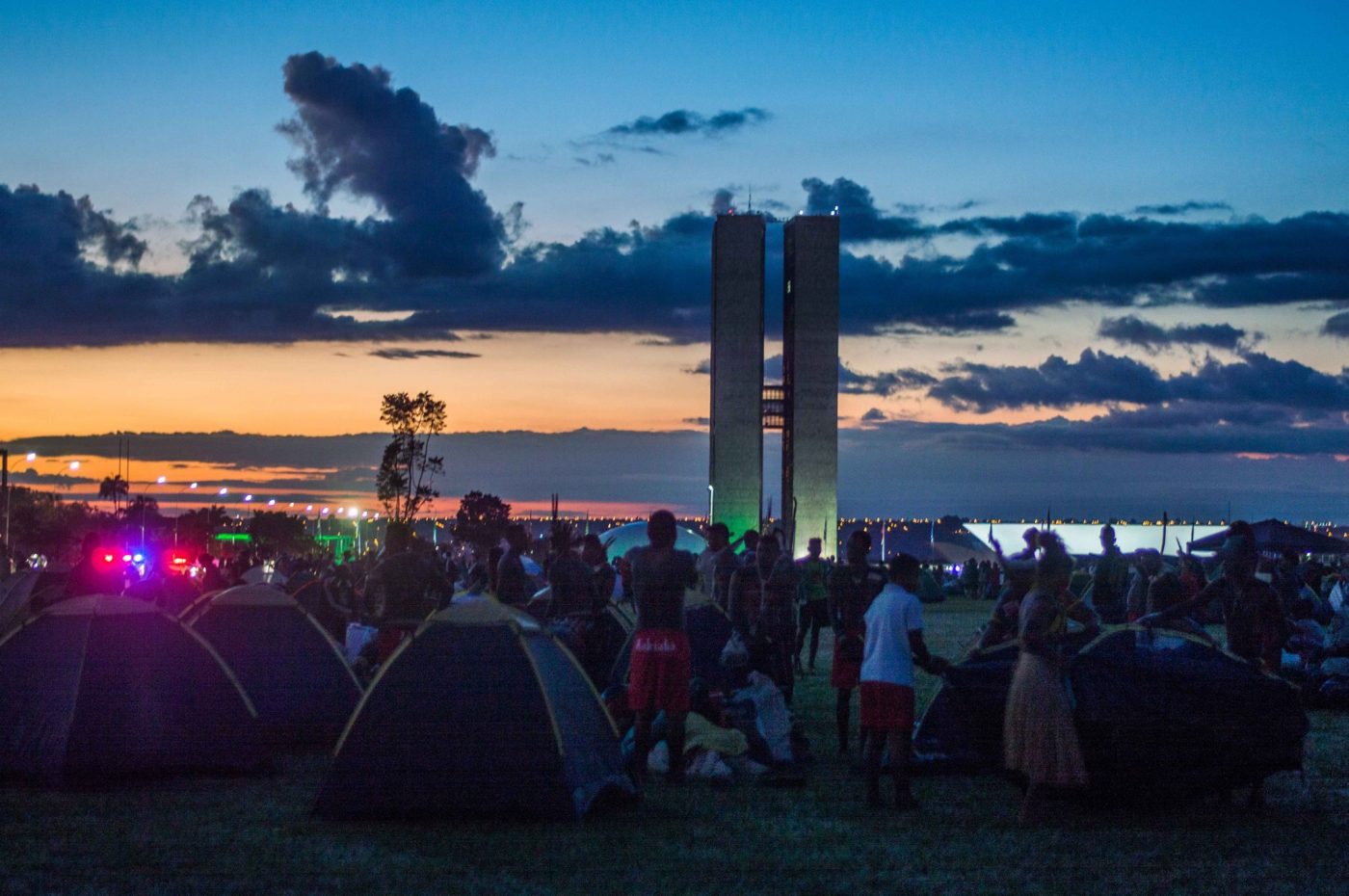
Copyright: Edgar Kanaykõ 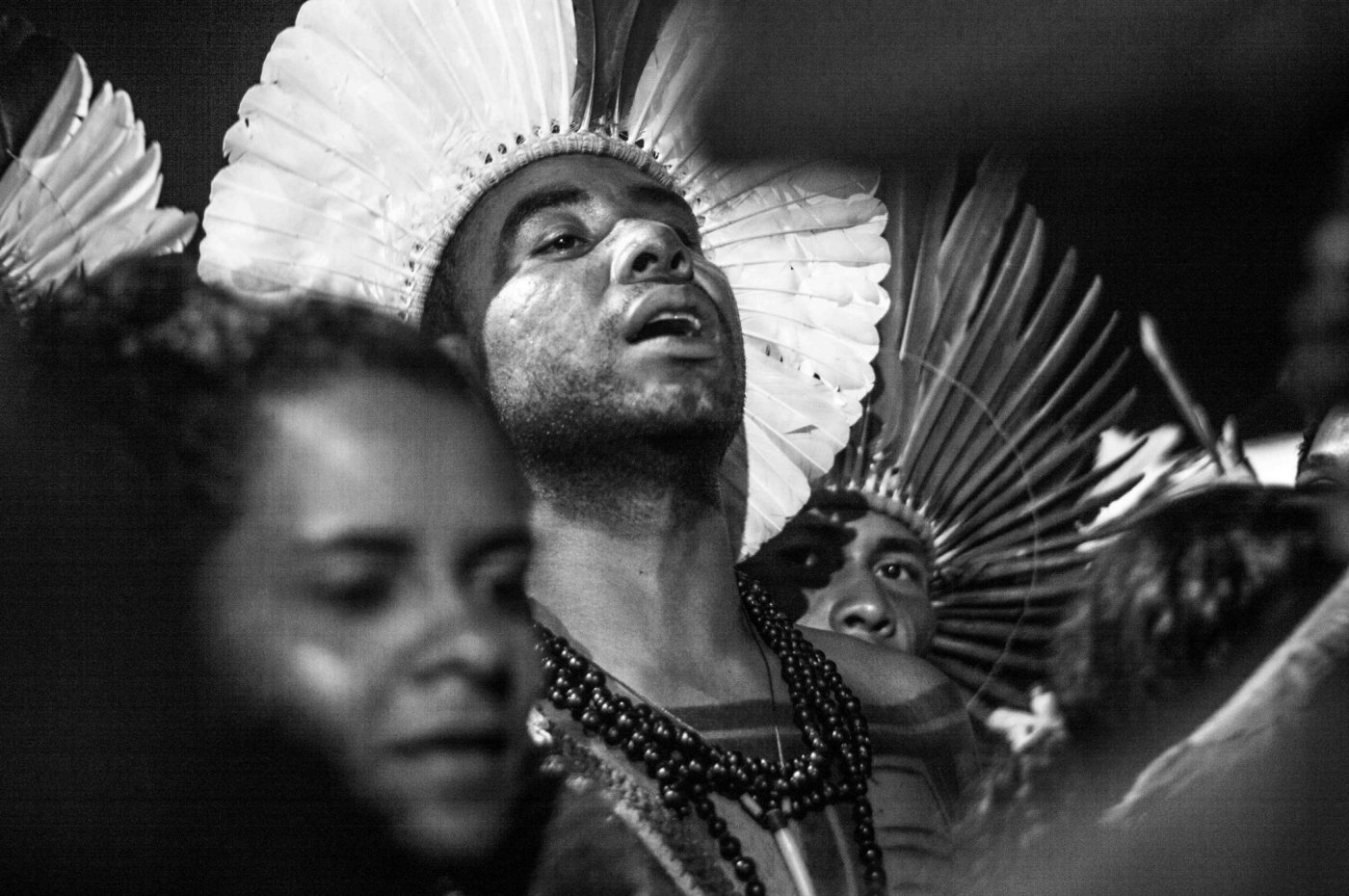
Copyright: Edgar Kanaykõ 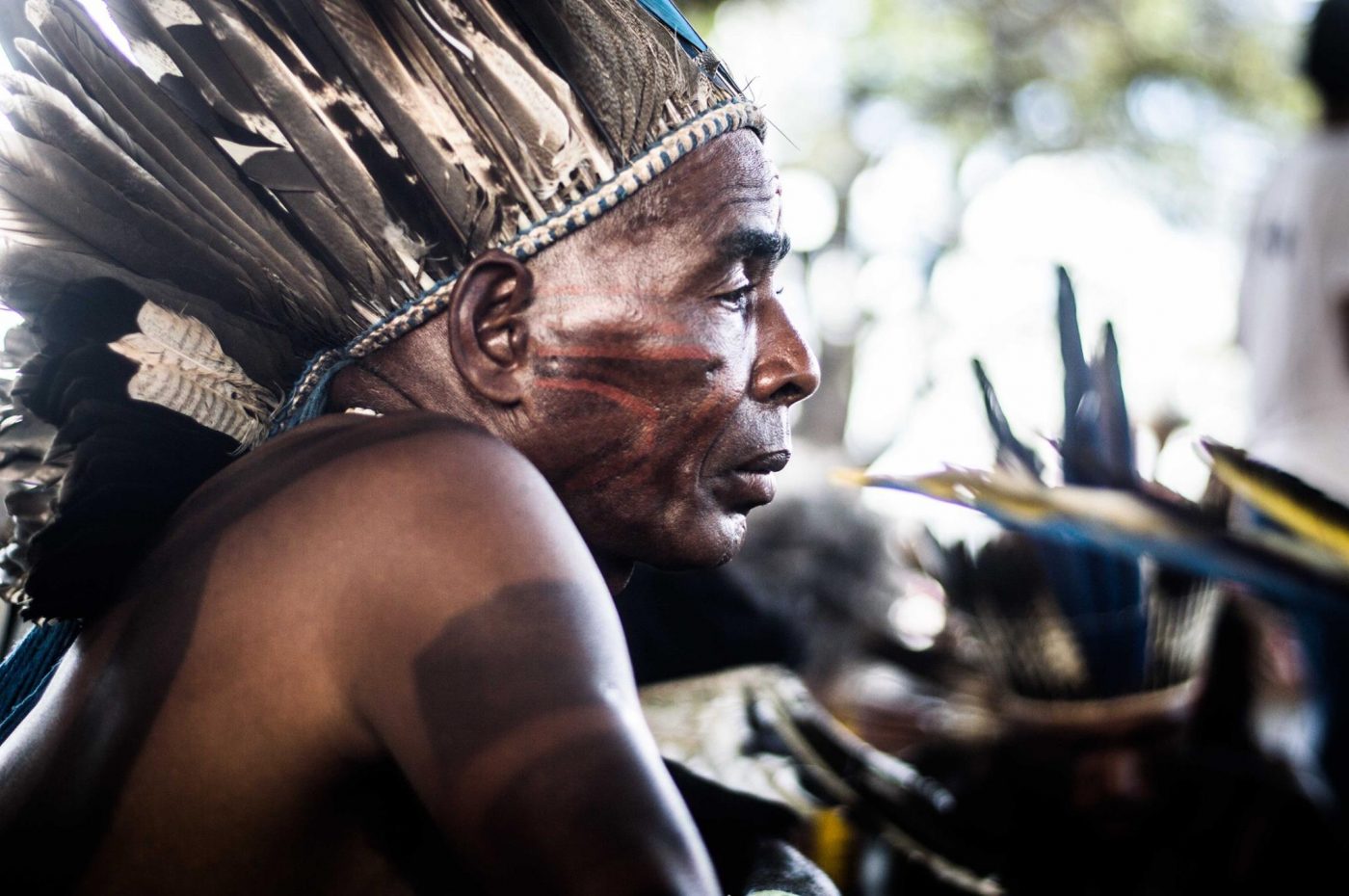
Copyright: Edgar Kanaykõ 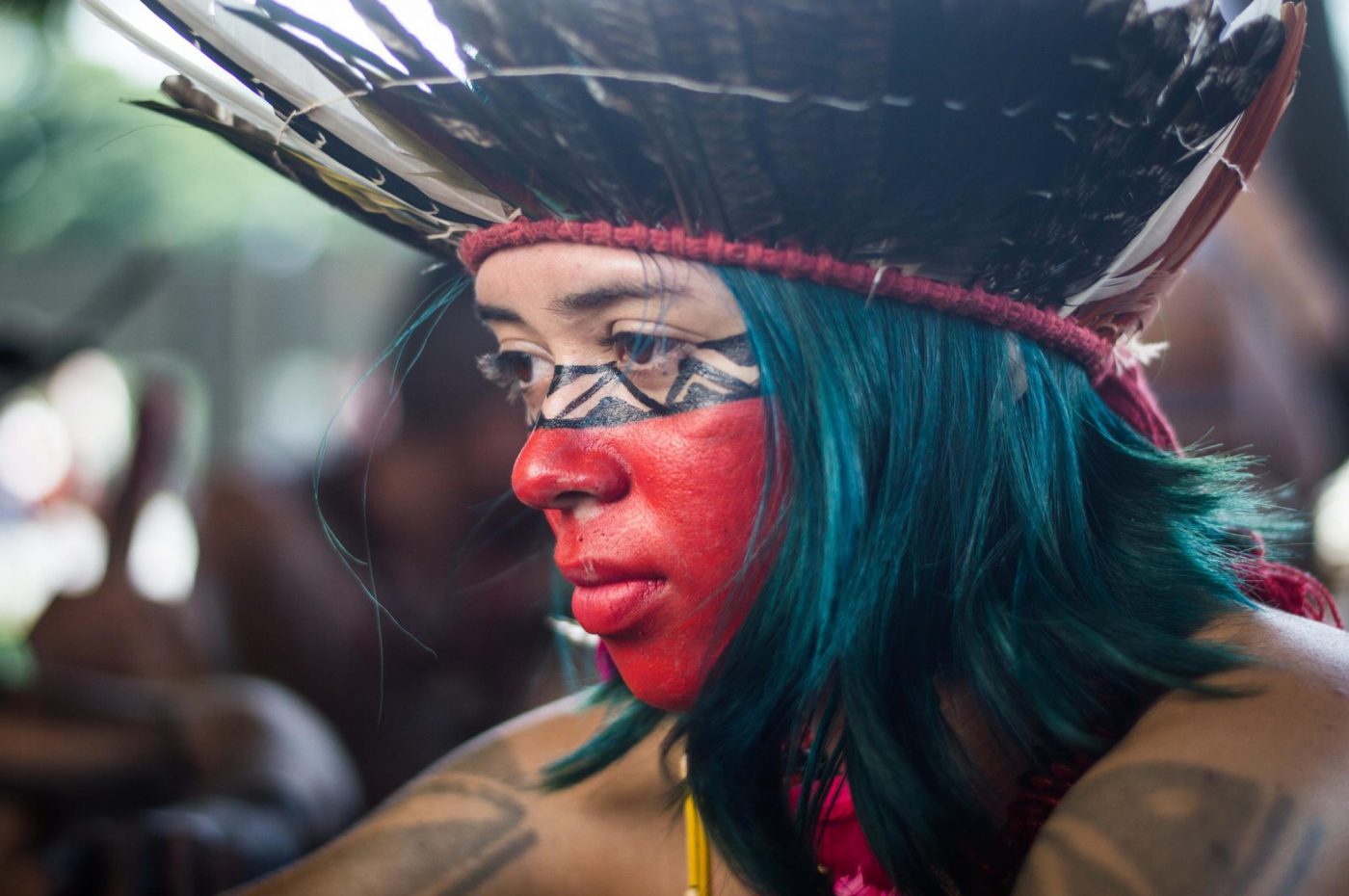
Copyright: Edgar Kanaykõ 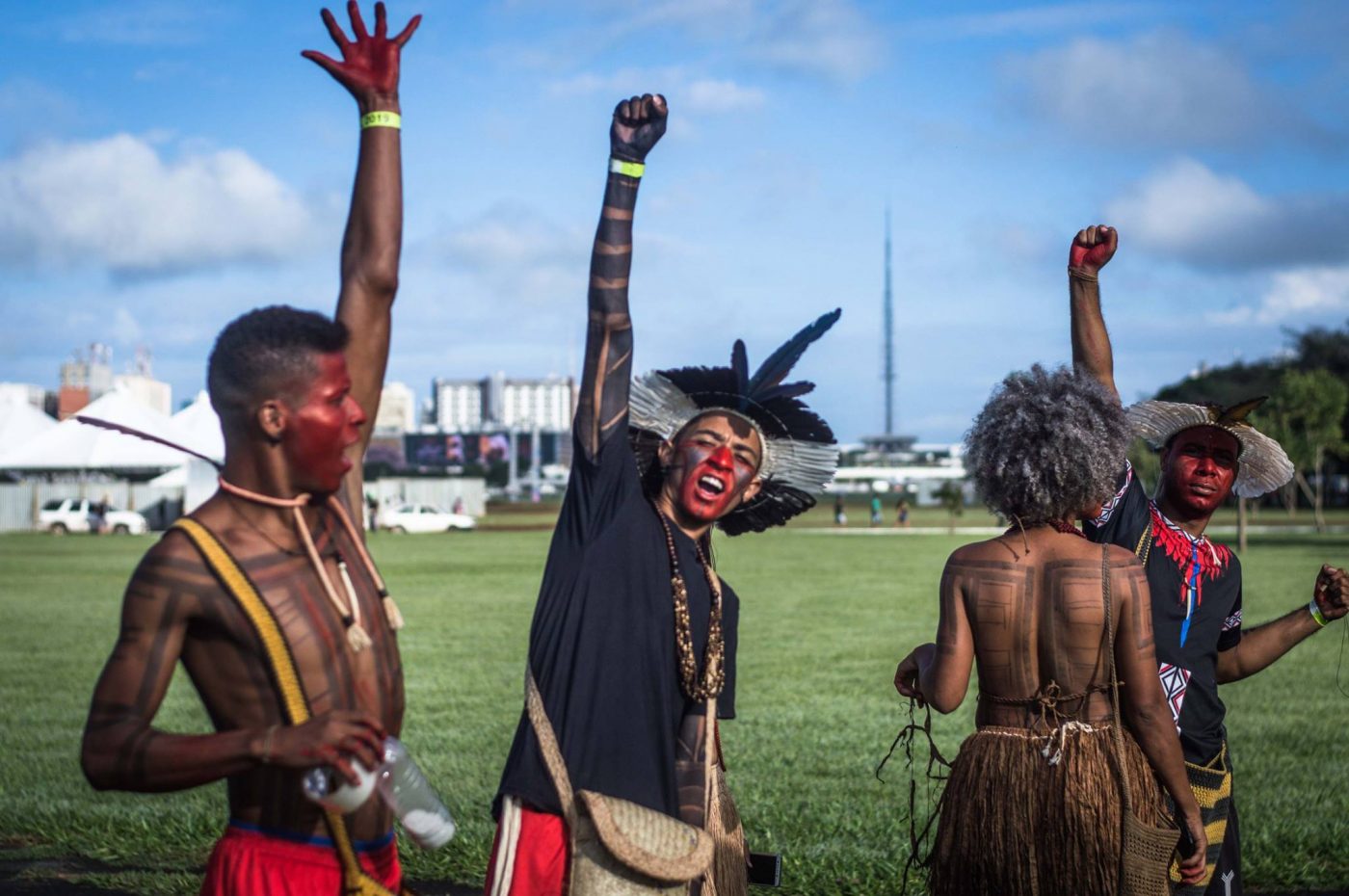
Copyright: Edgar Kanaykõ
The demands of Free Land Camp 2019 as expressed and published by Articulação dos povos Indígenas do Brasil (APIB) and Mobilização Nacional Indígena on April 27th 2019
We, more than 4 thousand leaders of indigenous peoples and organizations from all regions of Brazil, representatives of 305 peoples, gathered in Brasília (DF), from April 24 to 26, 2019, during the XV Free Land Camp (ATL), outraged by the scorched earth policy of the government of Bolsonaro and other organs of the State against our rights, we came to manifest:
1.Our vehement repudiation of the governmental purposes of exterminating us, as they did with our ancestors during the period of the colonial invasion, during the military dictatorship and more recent times, everything to give up our most sacred right: the right to land, territories and natural resources that we have preserved for thousands of years and which constitute the foundation of our existence, our identity and our ways of life.
2. The 1988 Federal Constitution enshrined the multi-ethnic nature of the Brazilian State. However, we are experiencing the most serious scenario of attacks on our rights since redemocratization of the country. The Bolsonaro government declared the bankruptcy of the indigenous policy, through the deliberate dismantling and political manipulation of institutions and actions which the Government has a duty to guarantee.
3. In addition to attacks on our lives, cultures and territories, we repudiate orchestrated attacks by the Parliament of Agriculture and Livestock Front against Mother Nature. The ruralists accelerated discussion of the General Environmental Licensing Law, in collusion with ministries of Environment, Infrastructure and Agriculture. The project seeks to exempt impact of licensing activities and establishes in a single step the three phases of licensing, profoundly altering the process of issuing such authorizations, which will strongly impact Indigenous Lands and their environments.
4. The economic project of the Bolsonaro government responds to powerful financial interests, corporate corporations, many of them international, agribusiness and mining, among others. Therefore, it is a government that is strongly committed, anti-national, predatory, ethnocidal, genocidal and ecocide.
Claims:
Faced with the dark scenario of death, we, participants of the XV Free Land Camp, demand, from the different instances of the Three Powers of the Brazilian State, the following:
1. Demarcation of all indigenous lands, assets of the Union, as determined by the Brazilian Constitution and established Decree 1775/96. The demarcation of our territories is fundamental to guarantee the physical and cultural reproduction of our peoples, while being strategic for the conservation of the environment and biodiversity and overcoming the climate crisis. Emergency and structuring actions by the responsible public agencies, with the purpose of containing and eliminating the growing wave of invasions, land subdivisions, deforestation, leases and violence, illegal and criminal practices that constitute a new phase of squalor of our lands, which goes against our exclusive right of usufruct.
2. We demand and expect that the National Congress make changes to MP 870/19 to remove the powers of demarcation of indigenous lands and environmental licensing from the Ministry of Agriculture, Livestock and Supply and that these competences are returned to the Ministry of Justice (MJ) and the National Indian Foundation (Funai). That FUNAI and all its attributions be linked to the Ministry of Justice, with the budget and staff necessary to carry out its institutional mission to demarcate and protect indigenous lands and ensure the promotion of our rights.
3. That the right of decision of isolated peoples to remain in this condition is respected. That the conditions be so guaranteed by the Brazilian State with the reinforcement of the operational conditions and actions of protection to the territories occupied by isolated peoples and of recent contact.
4. Revocation of Opinion 001/2017 of the Federal Attorney General’s Office (AGU).
5. Maintenance of the SUS Indigenous Health Subsystem, which is a federal responsibility, with the strengthening of the Special Secretariat of Indigenous Health (Sesai), guaranteeing the participation and effective and autonomous social control of our peoples and the necessary conditions for accomplishment of the VI National Conference of Indigenous Health. We reiterate our position against any attempts to municipalize or state the health care of our peoples.
6. Effectiveness of the differentiated and quality indigenous education policy, ensuring the implementation of the 25 proposals of the second National Conference and of the ethno-educational territories. To rebuild institutional conditions and spaces, such as the General Coordination of Indigenous School Education, in the administrative structure of the Ministry of Education to ensure our impact on the formulation of the indigenous school education policy and the fulfillment of our demands that involve, for example, improvement of the infrastructure of indigenous schools, training and hiring of indigenous teachers, and the development of differentiated teaching materials.
7. Implementation of the National Policy for Territorial and Environmental Management of Indigenous Lands (PNGATI) and other social programs aimed at guaranteeing our food sovereignty, our multiple modes of production and our Well-being.
8. Restitution and regular functioning of the National Council of Indigenous Politics (CNPI) and other spaces of indigenous participation, extinct together with other instances of popular participation and social control, by Decree 9,759 / 19. The CNPI is our achievement as a democratic space for dialogue, articulation, formulation and monitoring of specific and differentiated public policies, designed to meet the rights and aspirations of our peoples.
9. End violence, criminalization and discrimination against our peoples and leaderships, including by public agents, ensuring the punishment of those responsible, redressing the damages caused and commitment of the government to protect our lives.
10. Archiving of all anti-indigenous legislative initiatives, such as the Proposed Amendment to the Constitution (PEC) 215/00 and the Provisions (PL) 1610/96, PL 6818/13 and PL 490/17, aimed at to suppress our fundamental rights: our right to difference, our customs, customs, languages, beliefs and traditions, the original right and exclusive usufruct to the lands we have traditionally occupied.
11. Applicability of international treaties signed by Brazil, which includes, among others, Convention 169 of the International Labor Organization (ILO), the Conventions on Cultural, Biological and Climate Diversity, the UN Declaration on the Rights of Indigenous Peoples and the American Declaration on the Rights of Indigenous Peoples. These treaties reaffirm our rights to land, territories and natural assets and the State’s obligation to consult us about administrative and legislative measures that may affect us, such as the implementation of projects that impact our lives.
12. Compliance by the Brazilian State with the recommendations of the UN Special Rapporteur on Indigenous Peoples and with the UN Recommendations sent to Brazil on the occasion of the Universal Periodic Review (UPR), all aimed at preventing setbacks and guaranteeing the defense and promotion of rights of the indigenous peoples of Brazil.
13. To the Federal Supreme Court (STF), we demand not to allow and retrograde and restrictive reinterpretations of the original right to our traditional lands. We hope that, in the judgment of the Extraordinary Appeal 1,017,365, related to the case of the Indigenous Land Ibirama Laklanõ, of the Xokleng people, considered of Repercussão. Generally, the STF reaffirms the interpretation of the Brazilian Constitution in accordance with the Indigenato (the original right) and to exclude, definitively, any possibility of acceptance of the Indigenous Fact (Temporal Framework)
We held this Free Land Camp to tell Brazil and the world that we are alive and that we will continue to fight at the local, regional, national and international level. Hereby, we highlight the holding of the Indigenous Womens’ March next August, which will be called ‘Territory: our body our spirit.”
We reaffirm our commitment to strengthen alliances with all sectors of society, the countryside and the city, which have also been attacked in their rights and forms existence in Brazil and in the world. We will contribute to building a truly democratic society, pluralist, just and solidary, for a multi-ethnic state in reality and in law, for a balance environment for us and for the whole Brazilian society for the well-being of our generation and future generations of Mother Nature and Humanity. We will resist, no matter what!
Brasília, 27 april 2019. XV ACAMPAMENTO TERRA LIVRE ARTICULAÇÃO DOS POVOS INDÍGENAS DO BRASIL (APIB) MOBILIZAÇÃO NACIONAL INDÍGENA (MNI)
